They’re unusually withdrawn
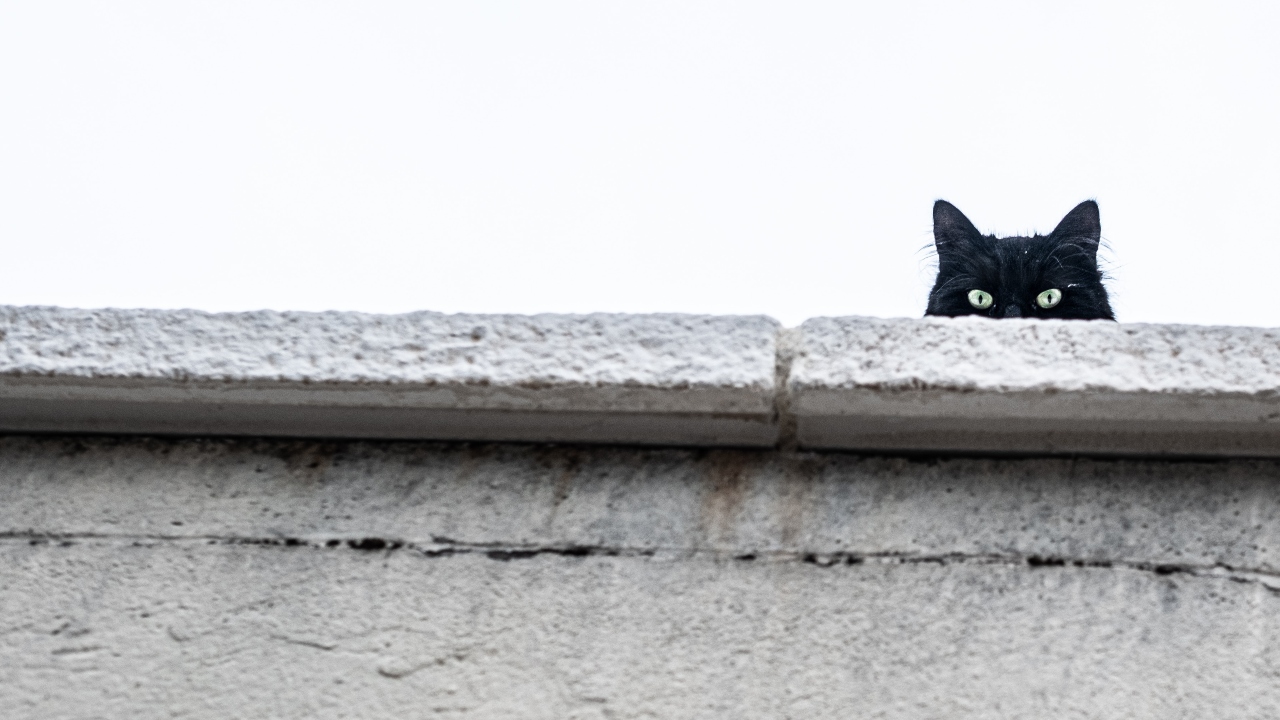
A simple way to tell that your kitty isn’t feeling themselves is if you notice that they have become more withdrawn. Like humans, cats will take themselves off to be alone when they are feeling a little low. Don’t crowd them, and once they have worked through their feelings, they’ll be back to their happier self.
They’re hesitant to use the cat flap
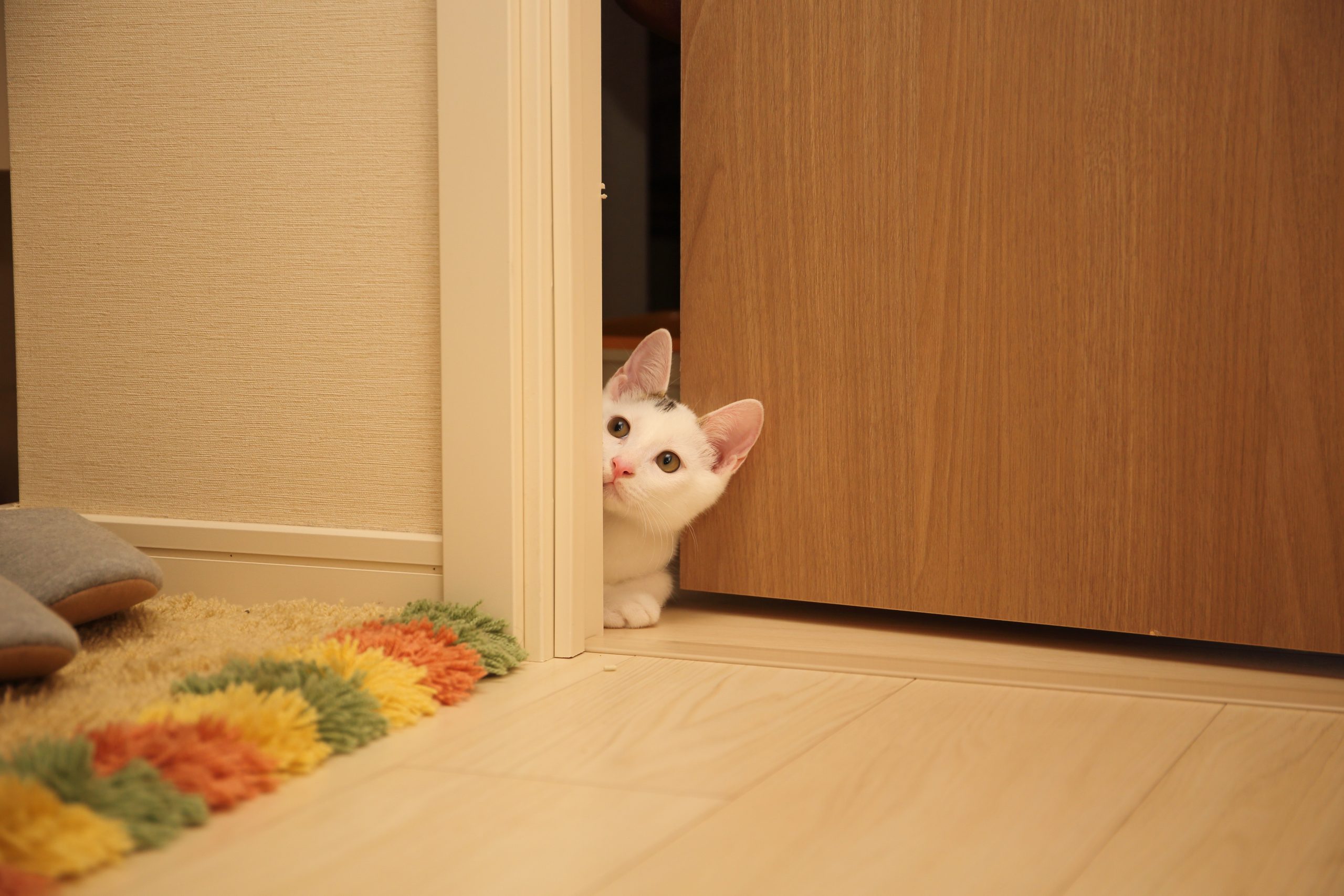
The cat flap is a regular part of the outdoor cat’s lifestyle. It is the easiest way for them to get in and out that doesn’t involve their owner standing on the doorstep every five minutes helping them. But if your cat suddenly stops using their cat flap and is reluctant to go outside, it might be an indication that they are feeling a bit glum.
They’re eating or drinking less
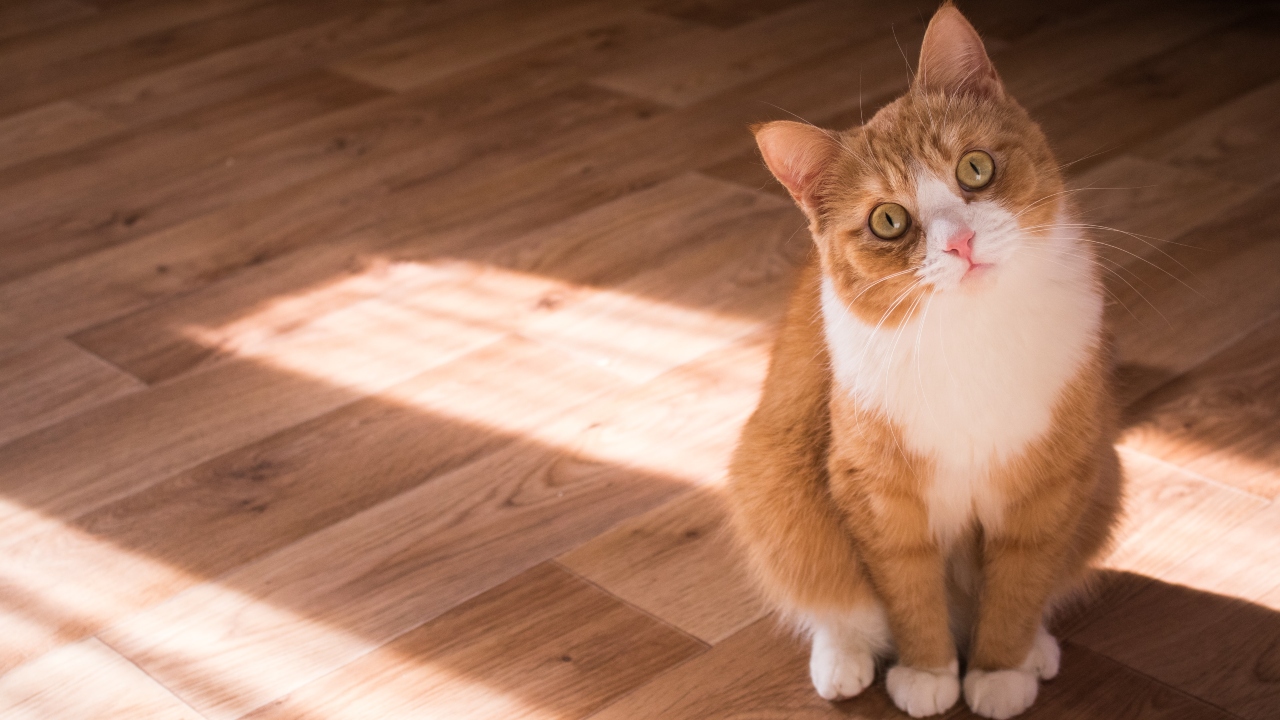
Just like people, sometimes when a cat is feeling down, their desire for food decreases. A loss of appetite is a key sign that your pet is feeling unhappy, and one of the easiest ways for cats to communicate their emotional state to their owners.
They’re reluctant to use the litter tray
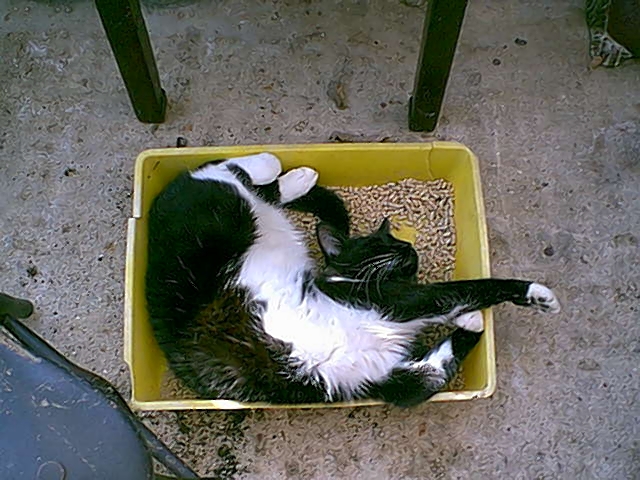
A cat suddenly misusing their litter tray can be a sign that something is wrong, either emotionally or medically. If a trip to the vets rules out a medical reason then it could be your furball is communicating their feelings of unhappiness with a literal dirty protest.
They’re meowing excessively
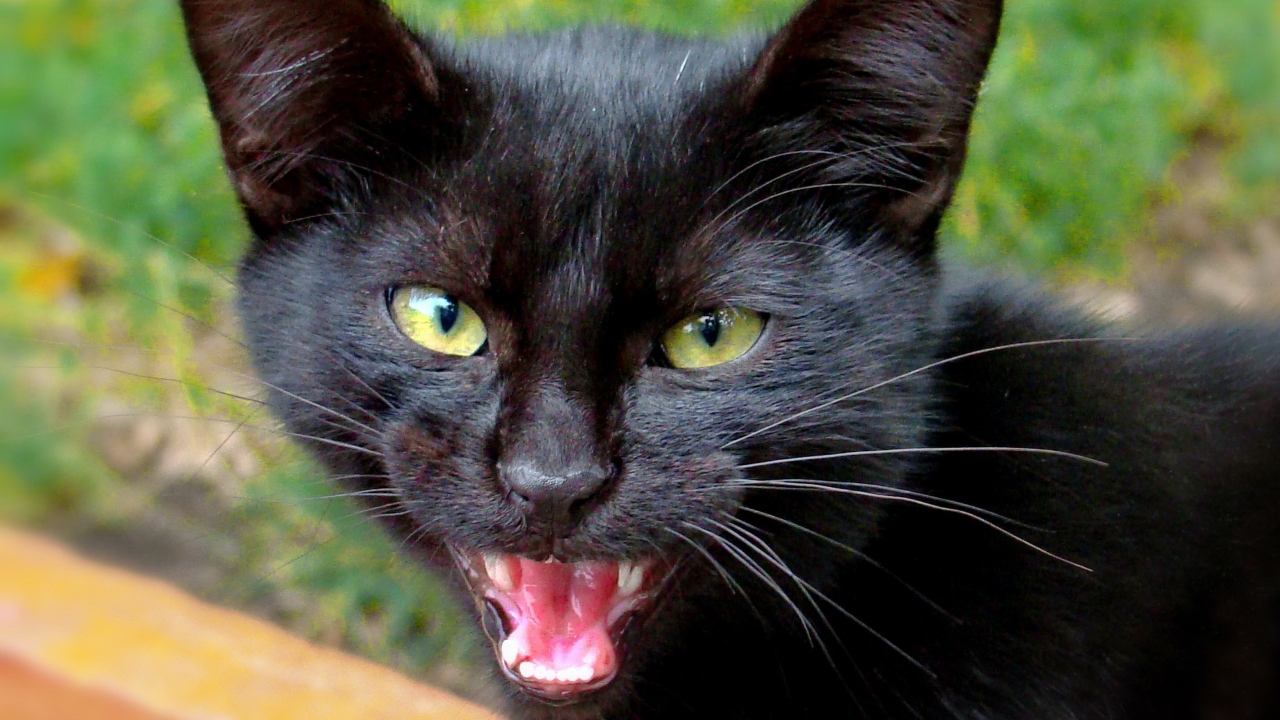
Unless you have a Siamese, Maine Coon, Bengal or other highly vocal breed of kitty, the amount your cat meows (and the pitch at which they ‘speak’) could be their way of trying to communicate their unhappiness. Sadly, Duolingo and other translators haven’t added ‘how to speak cat’ to their apps yet, so it’s time to crack out your detective skills.
Their body language seems uncomfortable
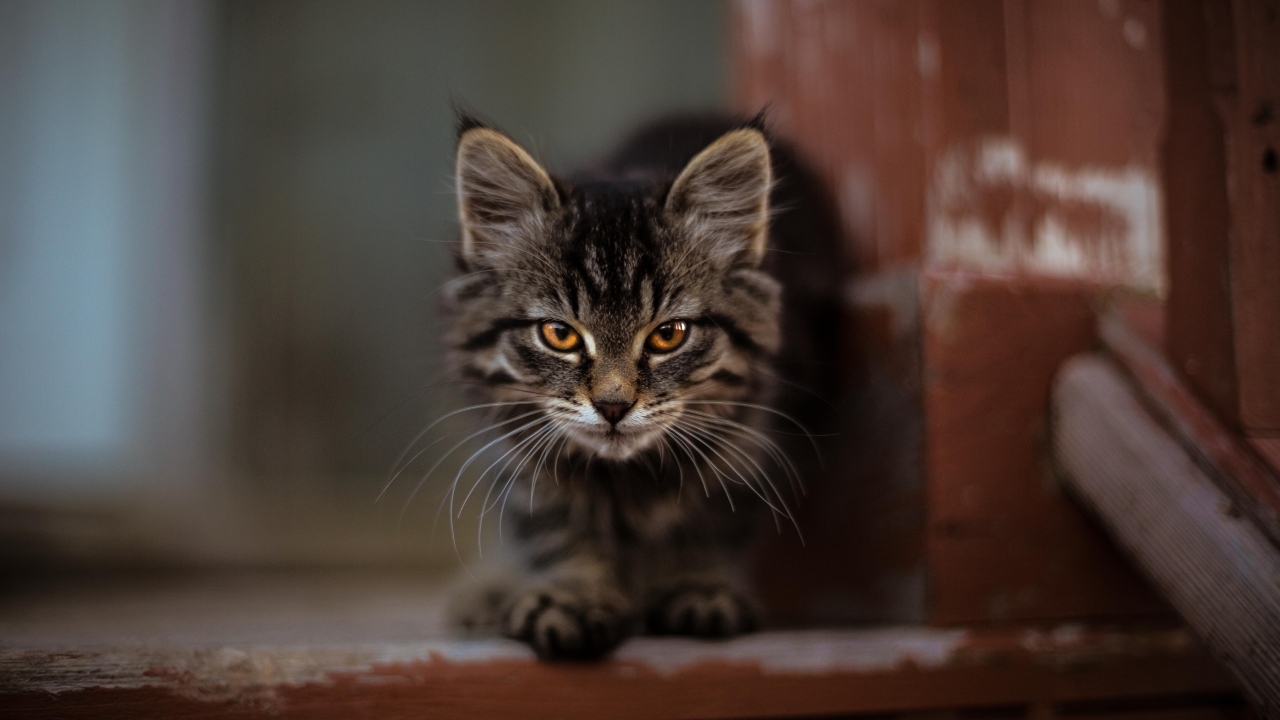
With humans unable to translate a cat’s meow, their best form of communication is their body language. Cats use their bodies to express both contentment and upset. If a cat is laid out all floppy and relaxed then they are happy. If however, you notice they have a tendency to sit all uptight and hunched, then they are uncomfortable or unhappy about something.
They’re reluctant to sit on your lap
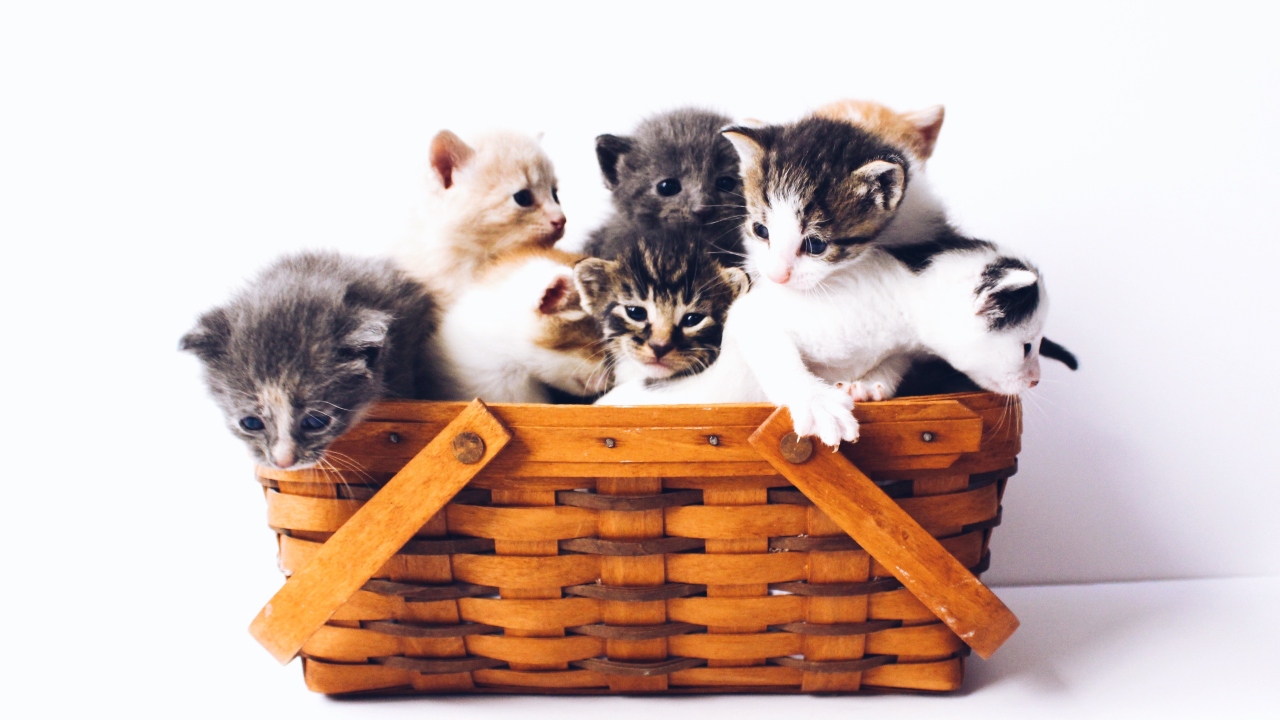
Studies have found that twenty minutes of sitting with a cat on your lap can help a person’s mental health immensely. Cats also get a lot of comfort from sitting with their owners. If your usually happy lap cat suddenly starts to pass on snuggle time, then they could be a bit sad.
They keep scratching furniture
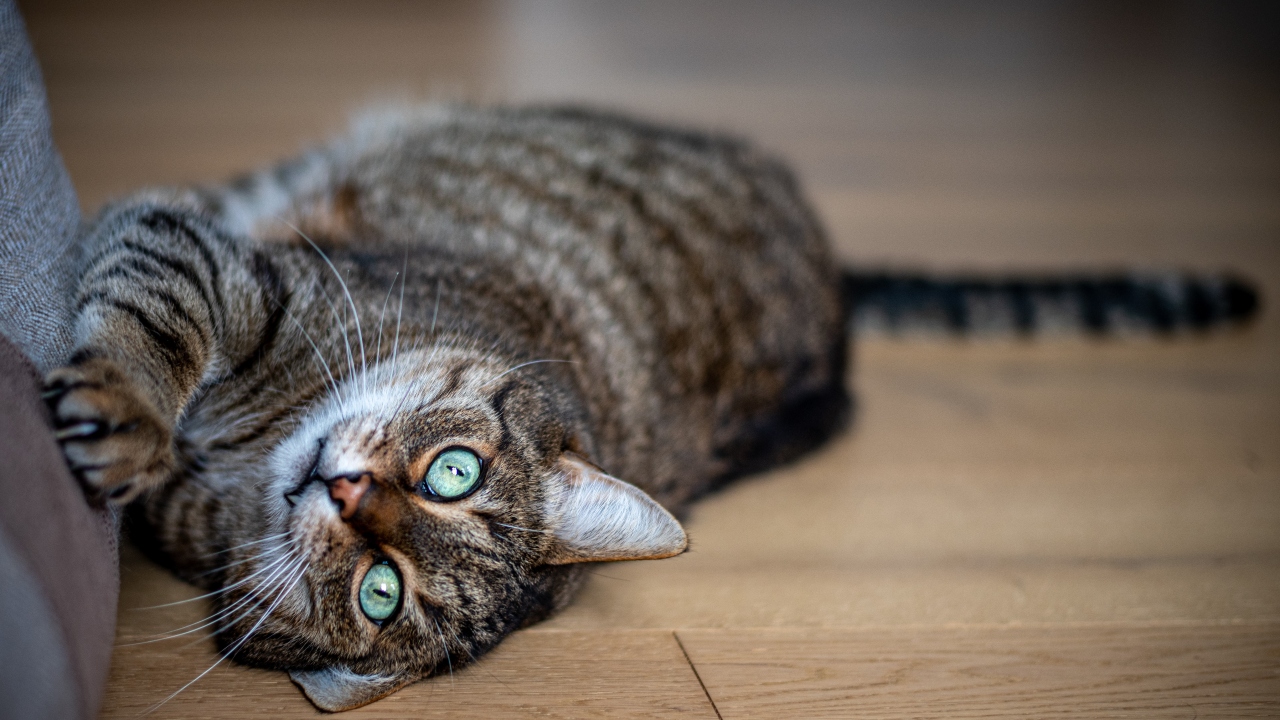
Some cats scratch furniture as kittens, but eventually grow out of it; scratching posts can also help. If however, the behavior flares up again as an adult cat, and your pet is shredding everything in sight, it might be a sign that your kitty is displeased.
They’re overeating
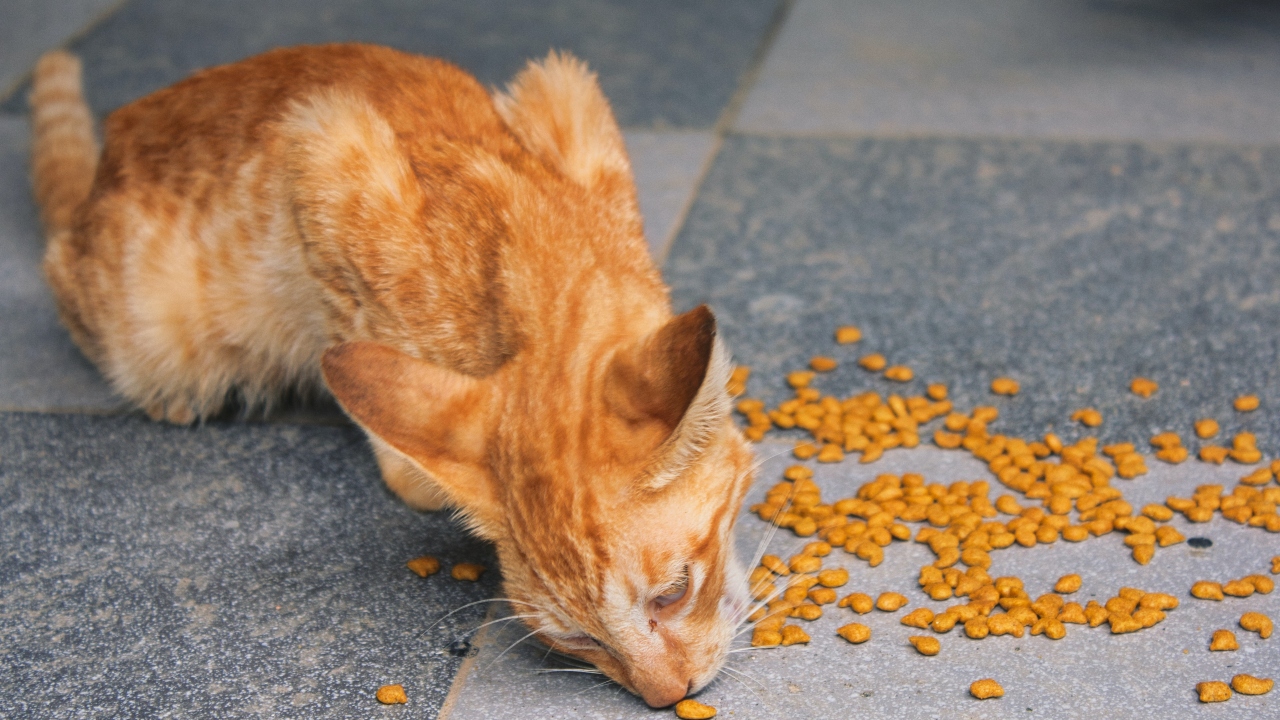
Whereas a lack of appetite can be an unhappy sign, so too can overeating. As with some people, some cats opt to eat their feelings. Sometimes overeating can just be the side effect of a greedy cat; on occasion, it can also be a sign of a cat in need.
They’re hissing or growling more than usual
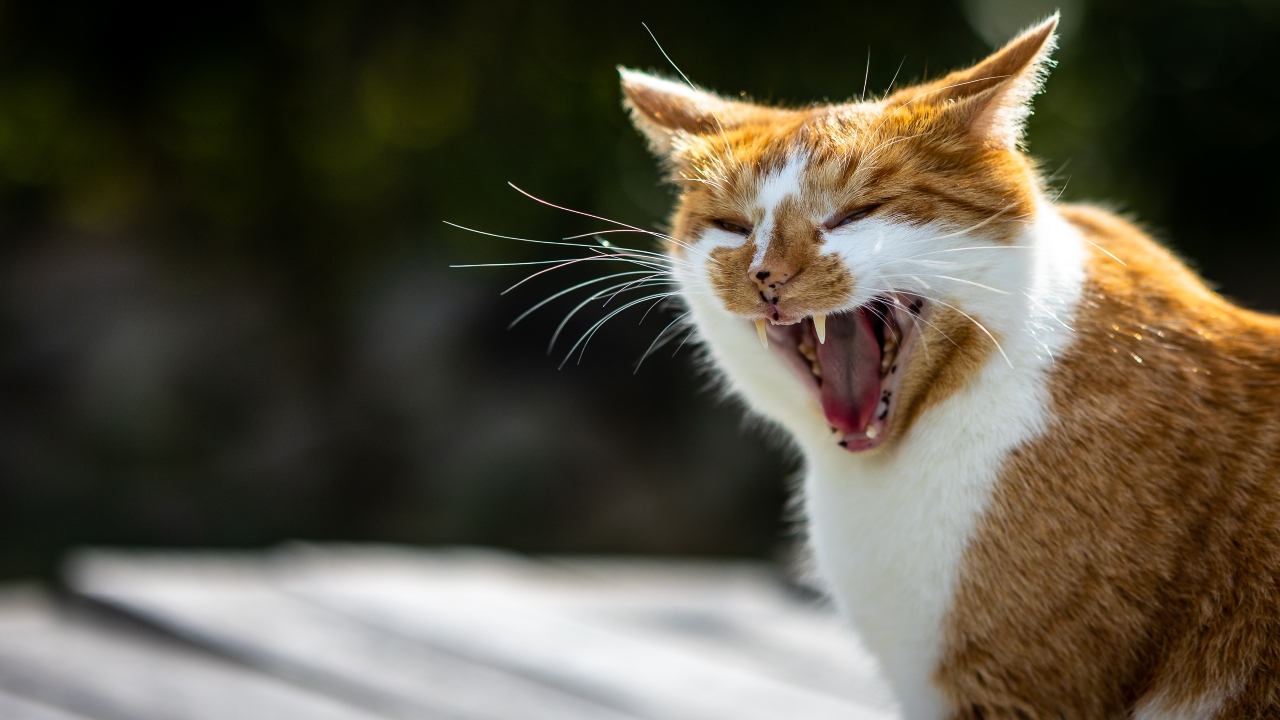
A clear indicator that a cat is not happy is if it is making unhappy noises. Hissing and growling are the easiest ways to understand that our cat is upset. What the noise is being directed at is likely the source of their disdain, but if the hissing is seemingly for no reason, it could be a sign your cat is in pain.
Their ears are flat
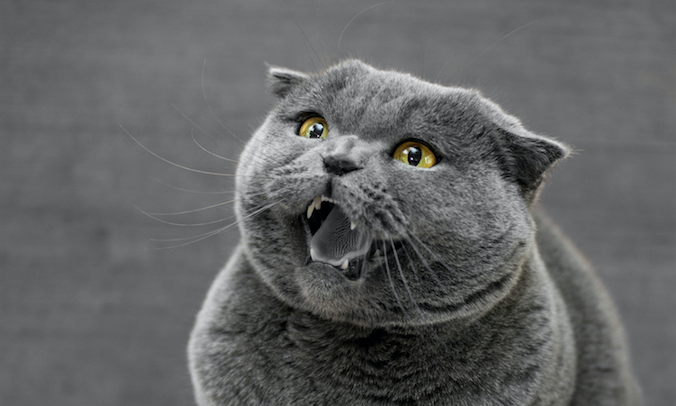
An easy way to notice what mood a cat is in is to look at their face. Their facial expression can easily communicate this mood, but their ears give away even more. If their ears are in a low and facing out position, it may be a sign that they are feeling down.
They’re swallowing a lot
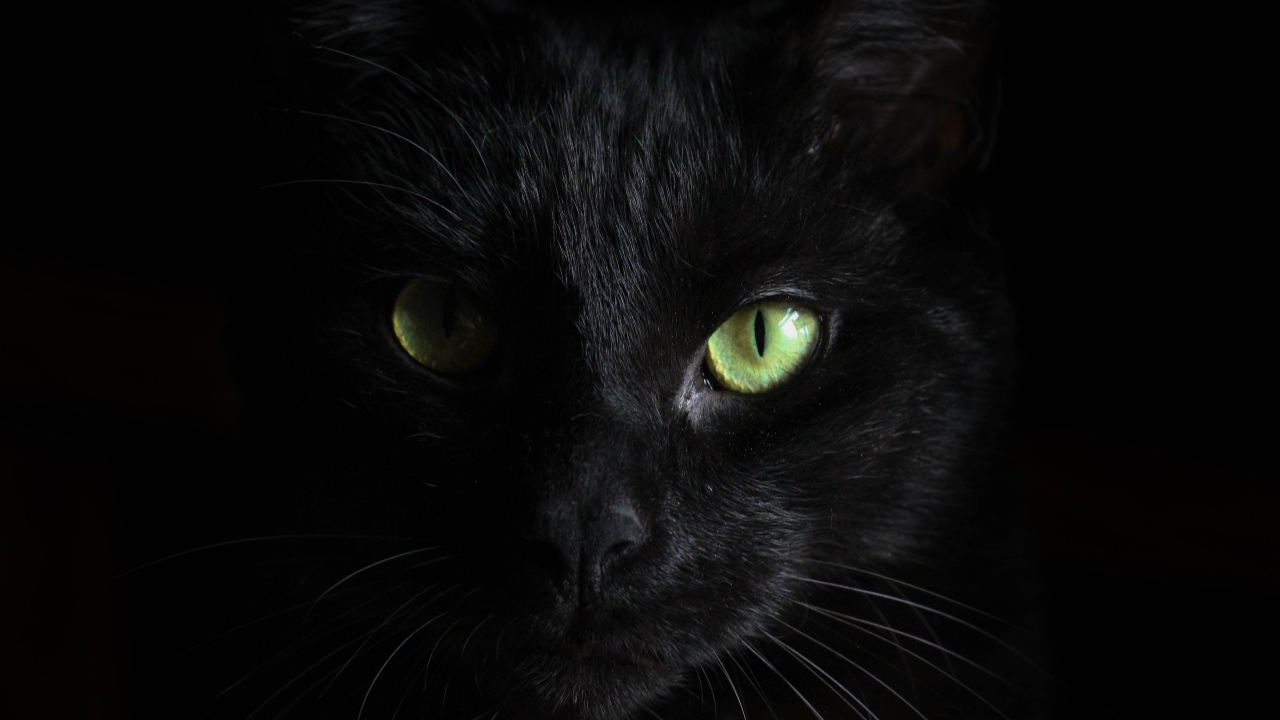
A difficult sign that your cat is sad is that they might be swallowing in a different manner. When sad, some cats begin to really exaggerate their swallowing. It is likely their attempt at getting the attention of their owner, but there are far better ways for them to do so.
They’ve become less tolerant
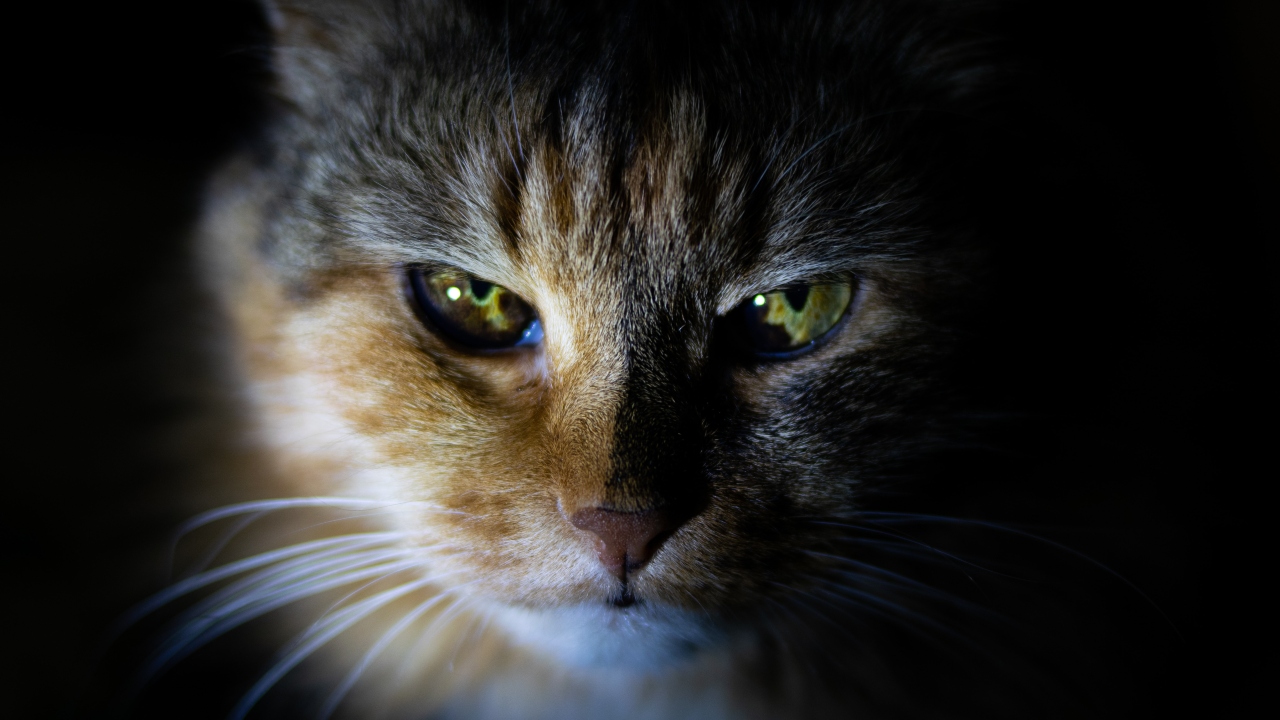
Everyone’s temper and fuse depletes when they’re feeling down, and it is no different for cats. When they are really cross, cats lose the ability to mask their emotions and a shorter fuse is a quick way to pick up on their mood being out of alignment.
There have been changes at home
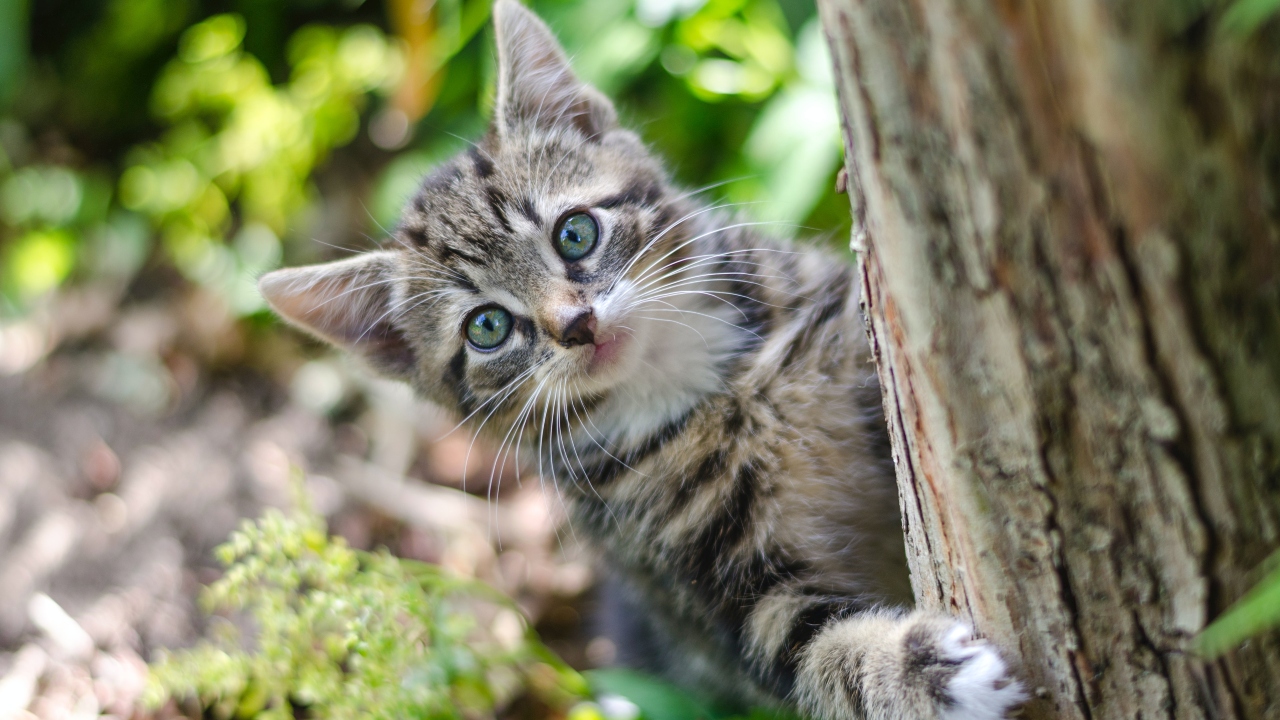
There are several big life events such as moving house or having a new baby, which have a high probability of triggering unease in cats. Cats like to feel safe and settled, and both events throw them off kilter. Feline hormonal sprays can help with these transitions, as can creating their own quiet and secure space in the new house or away from the baby.
They’re wagging their tail
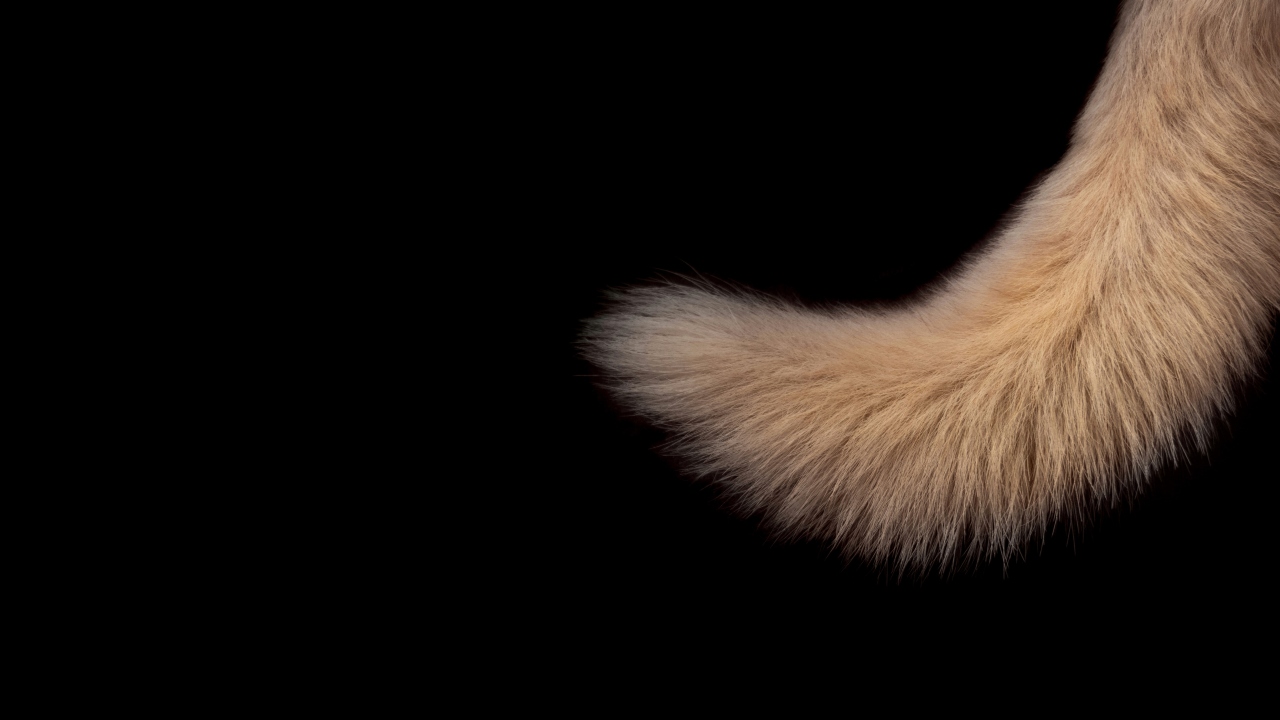
A cat’s tail is one of their greatest methods of communicating, but they can be hard to decipher. Whereas in dogs, a wagging tail means happiness, in cats it means the opposite. A cat with a swishing tail is best given a wide berth as they are likely to strike out at whoever is in the vicinity.
They seem sluggish
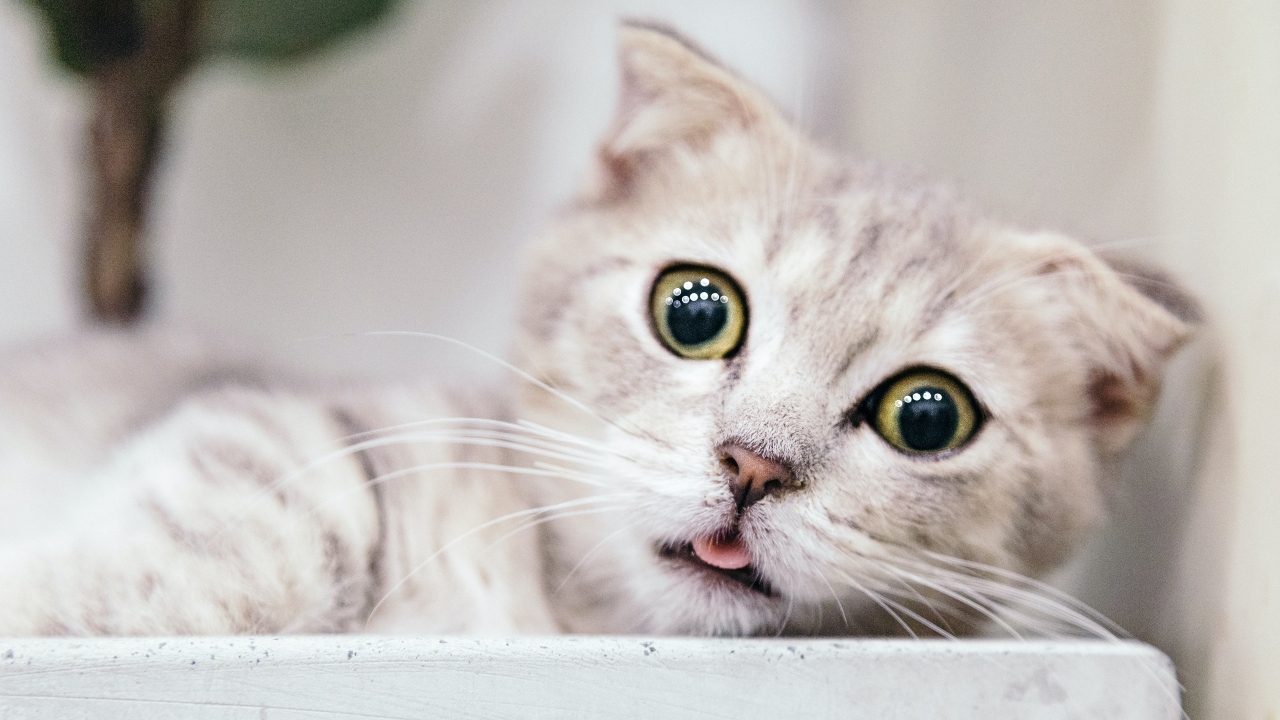
Cats may sleep a lot of the day, but when they are up it can be like sharing space with a chaos demon. The little fluffballs race around like they are possessed and love nothing better than getting into everything. A drop off in activity levels could point to a change in a cat’s mood.
They keep licking their nose
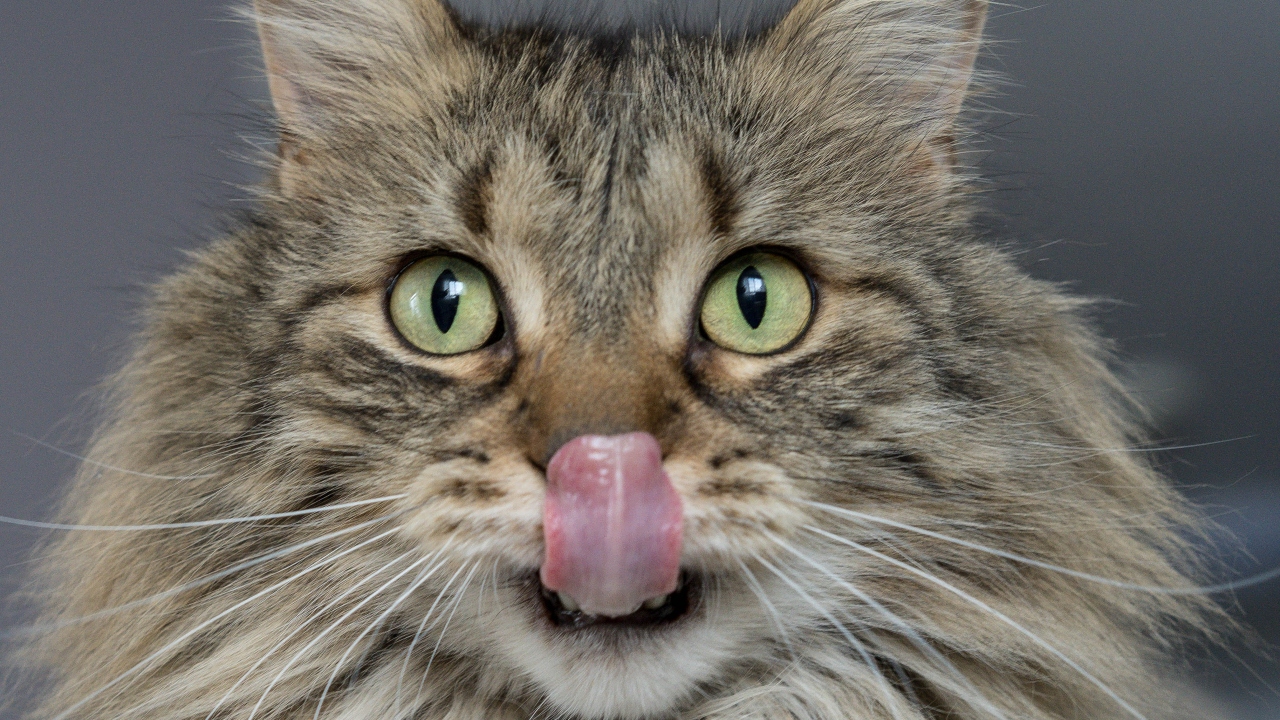
One of the quirkier tell tale signs that a cat is unhappy is that they might excessively lick their nose. It is a hard one to spot, as cats will occasionally lick their nose regardless. The key is to notice whether or not it has become a compulsion.
They’ve recently suffered a loss
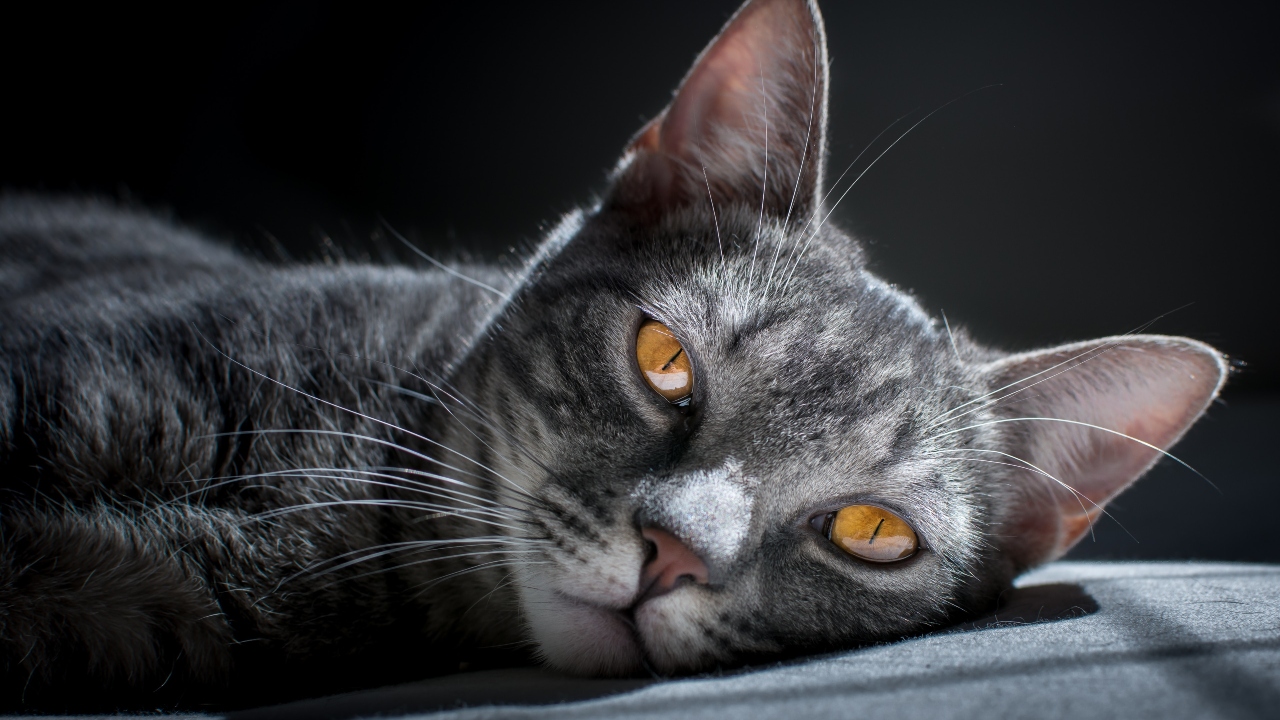
An obvious indicator that your fluffy friend might not be feeling their happy self is if there has been a loss in the household. Whether it be a human or an animal companion, cats form deep bonds, and so if there’s been a death of a close friend or living partner, your pet will certainly be sad.
They seem to have no energy
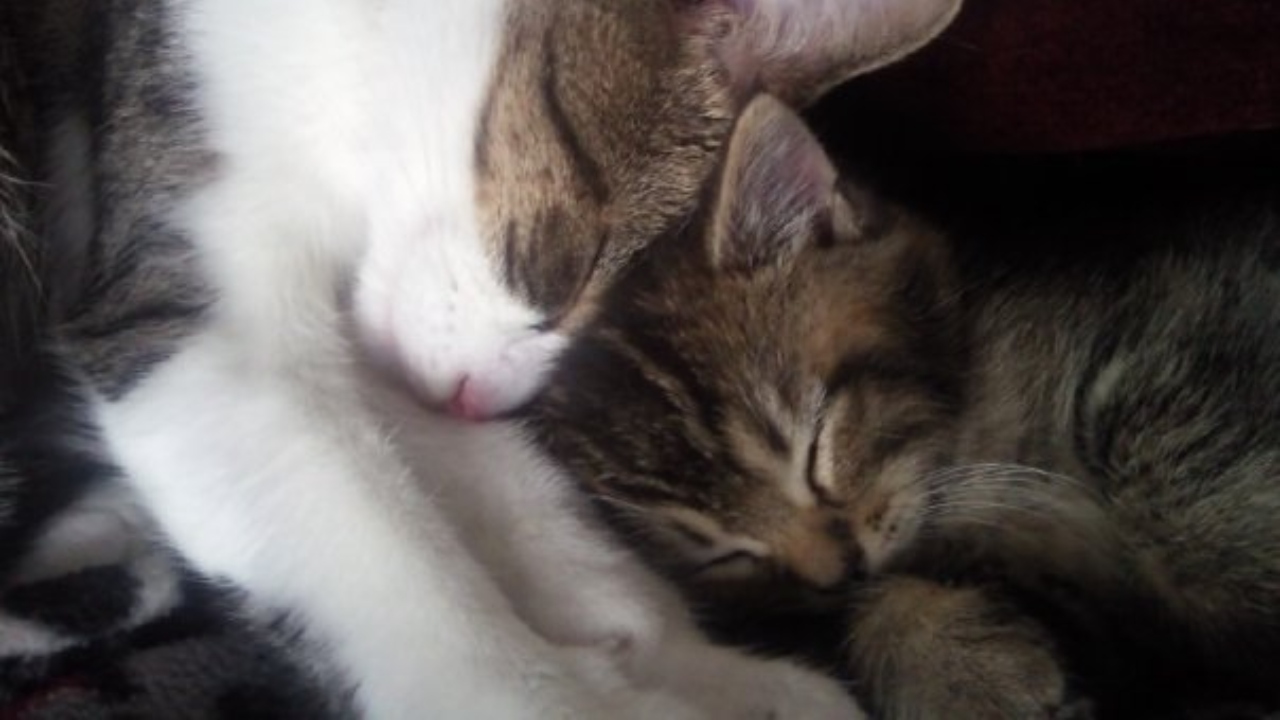
Just as decreased activity can be a sign of sadness, so can a lack of energy. Rather than just not being as active, a lack of energy is when cats lounge around looking listless when not asleep. More so, it is a complete lack of interest in doing anything, even standing.
Spraying
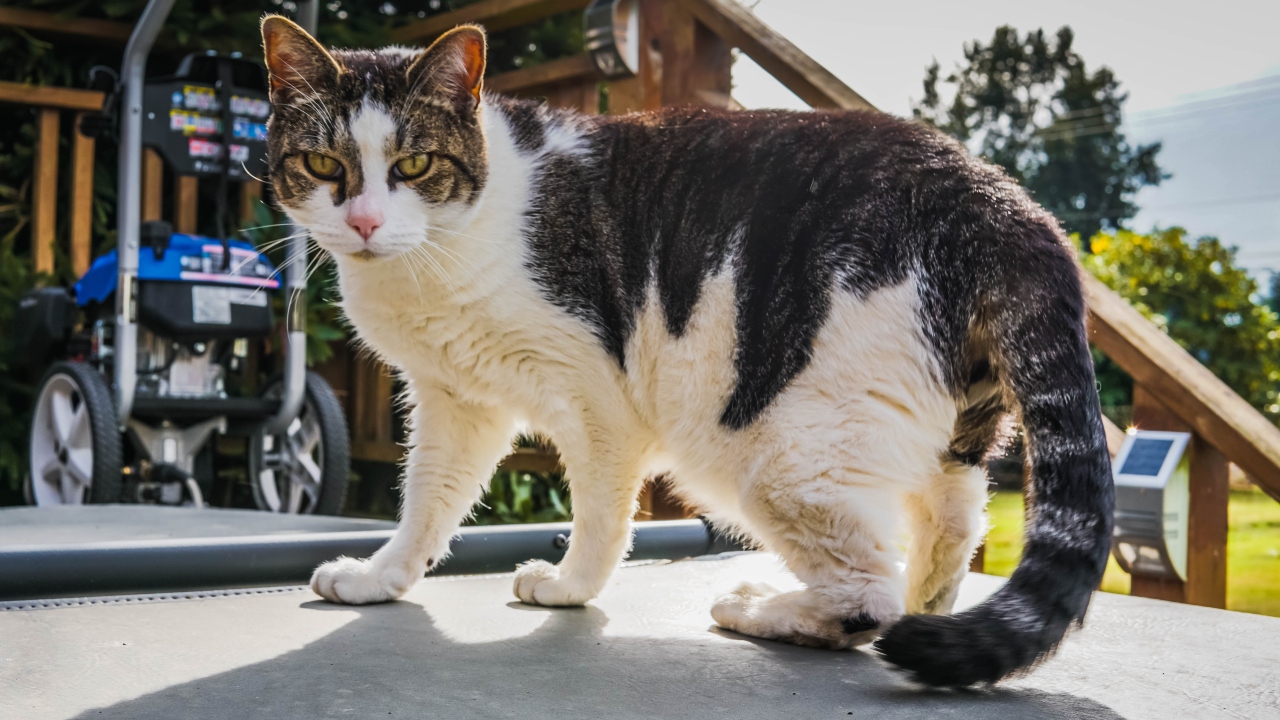
Tom cats possess a lovely talent for spraying, which is a delightful term for spreading their urine around. They do this as a way to mark their territory and to ward off other tom cats, but cats are also comforted by their own scent. Consequently, spraying could be a sign that your little fella is in need of help.
They’ve stopped taking care of their fur
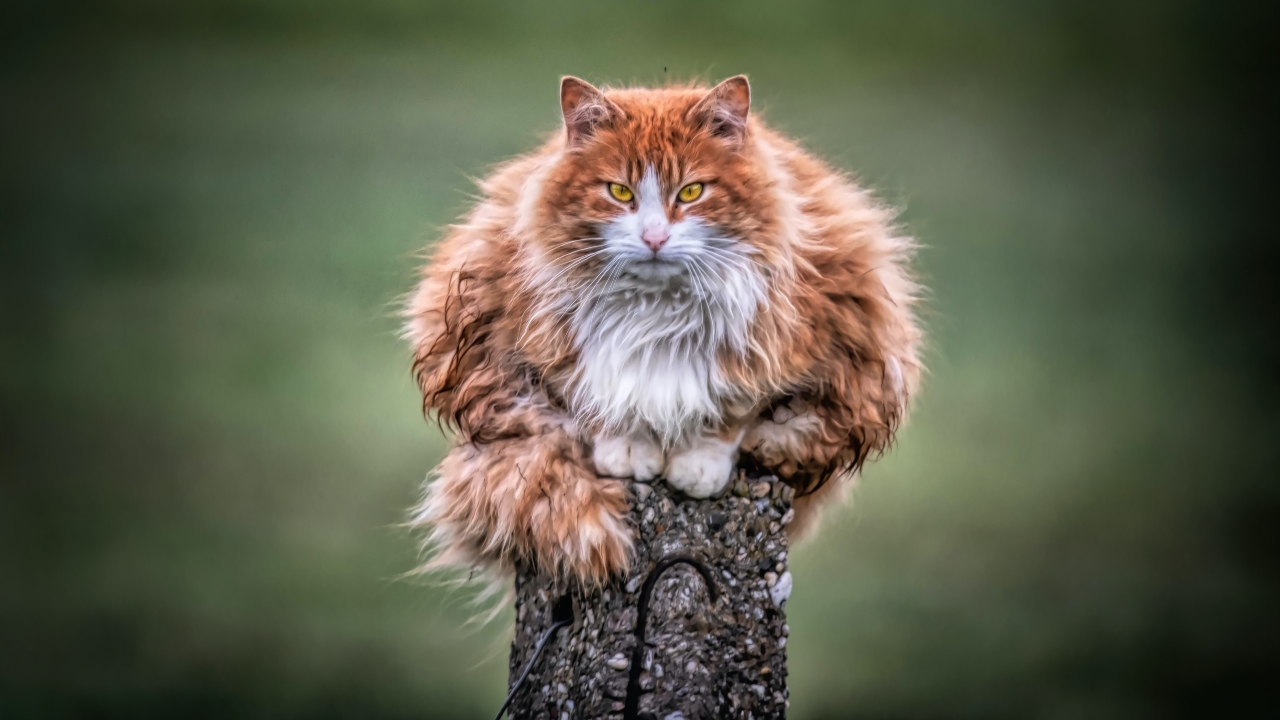
Cats are very clean creatures. They spend a great deal of their waking routine making sure that there is not a hair out of place. However, just like some people, when feeling anxious or sad, their physical appearance can deteriorate as they stop caring about maintaining a pristine coat.
They’re abnormally aggressive
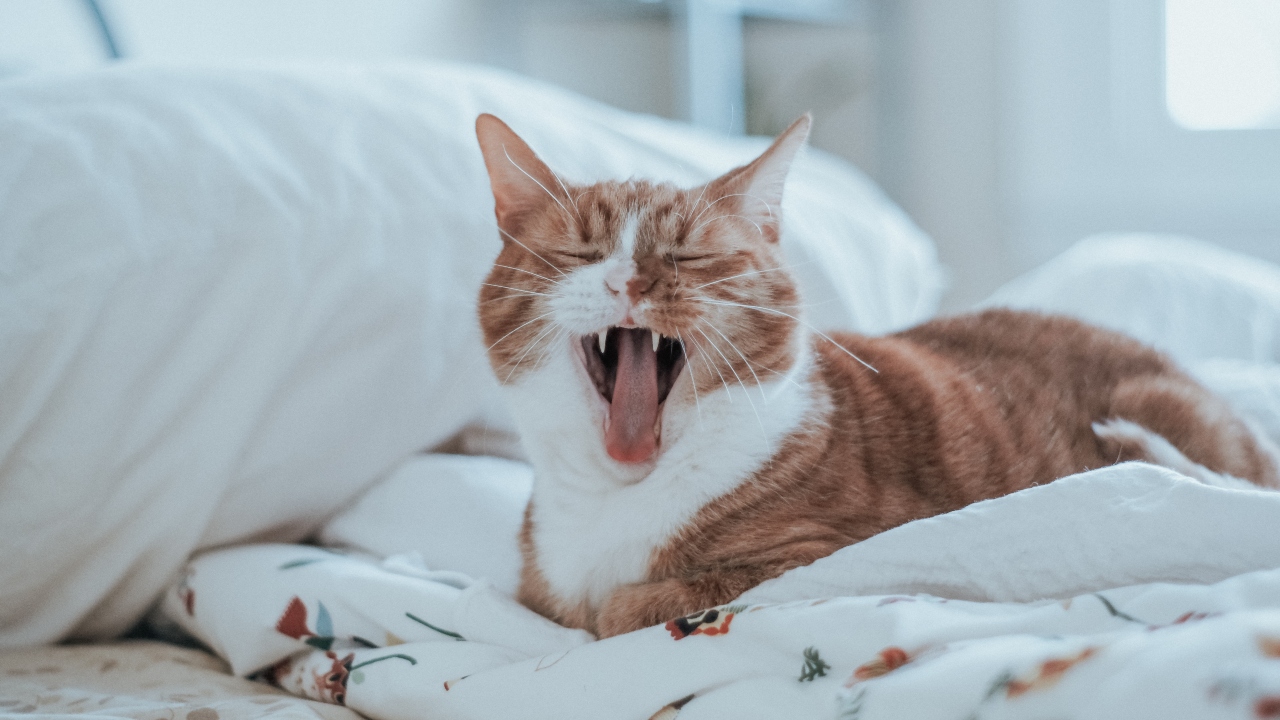
Sometimes when we are sad, we get grumpy, and the same is true of animals, especially cats. Part of their feeling sad will drive them to want to be left alone and any perceived attempt at interaction may be met with a fierce retaliation, which is out of character for your cat.
They’re hiding around the house
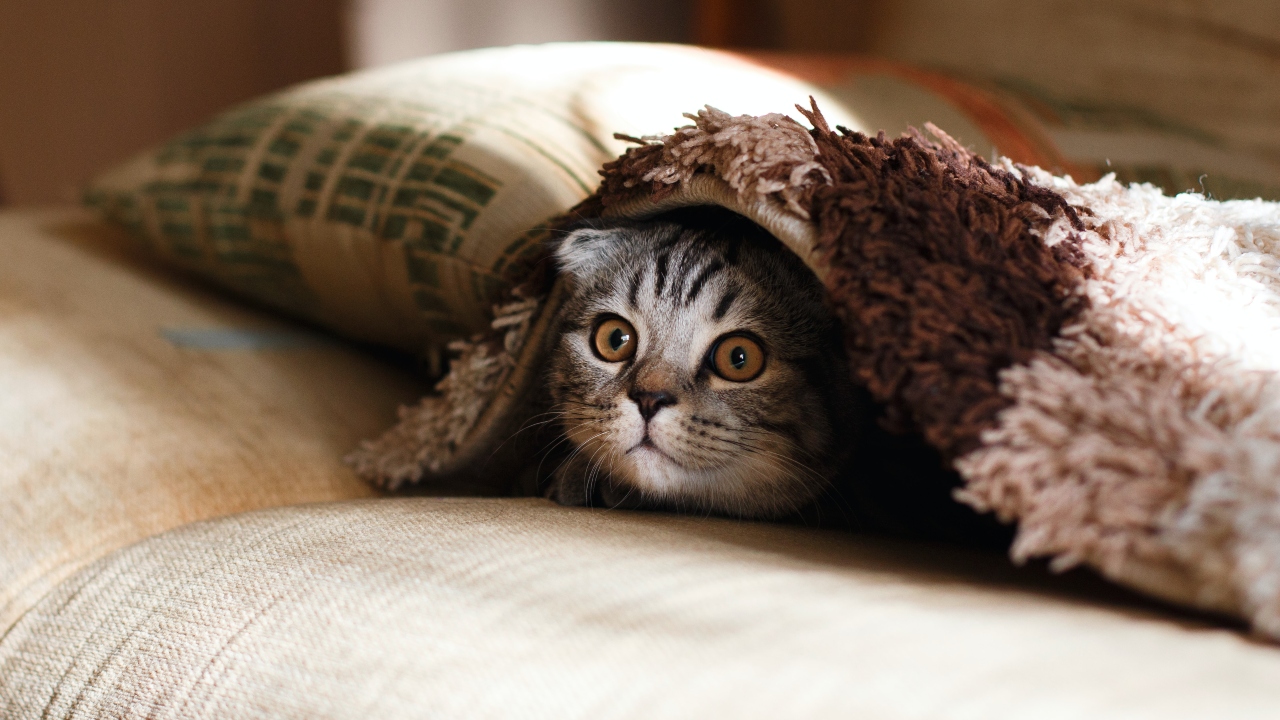
Cats are natural hiders, and felines enjoy finding the smallest and most discreet place to hide. However, if your furry friend starts to hide more than usual, and is grumpy about being sought out, then it is perhaps an indicator that they are an unhappy kitty.
They’ve experienced a change in routine
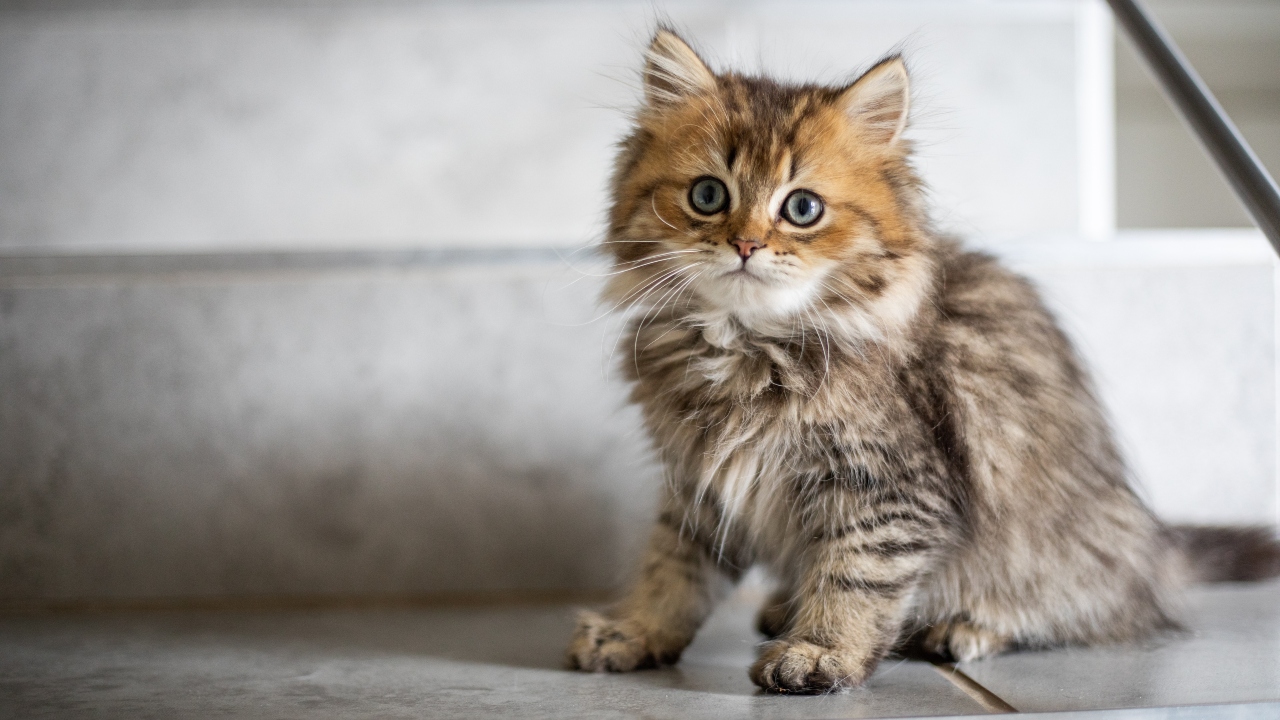
Cats are creatures who enjoy – and need – a rigid routine. They become used to being fed at the same time, and where and when their owners will be around. If you suddenly change your routine, i.e. begin working from home, or switch up their feeding time, they might not take the change too well and become upset whilst they readjust.
You’re not meeting their expectations
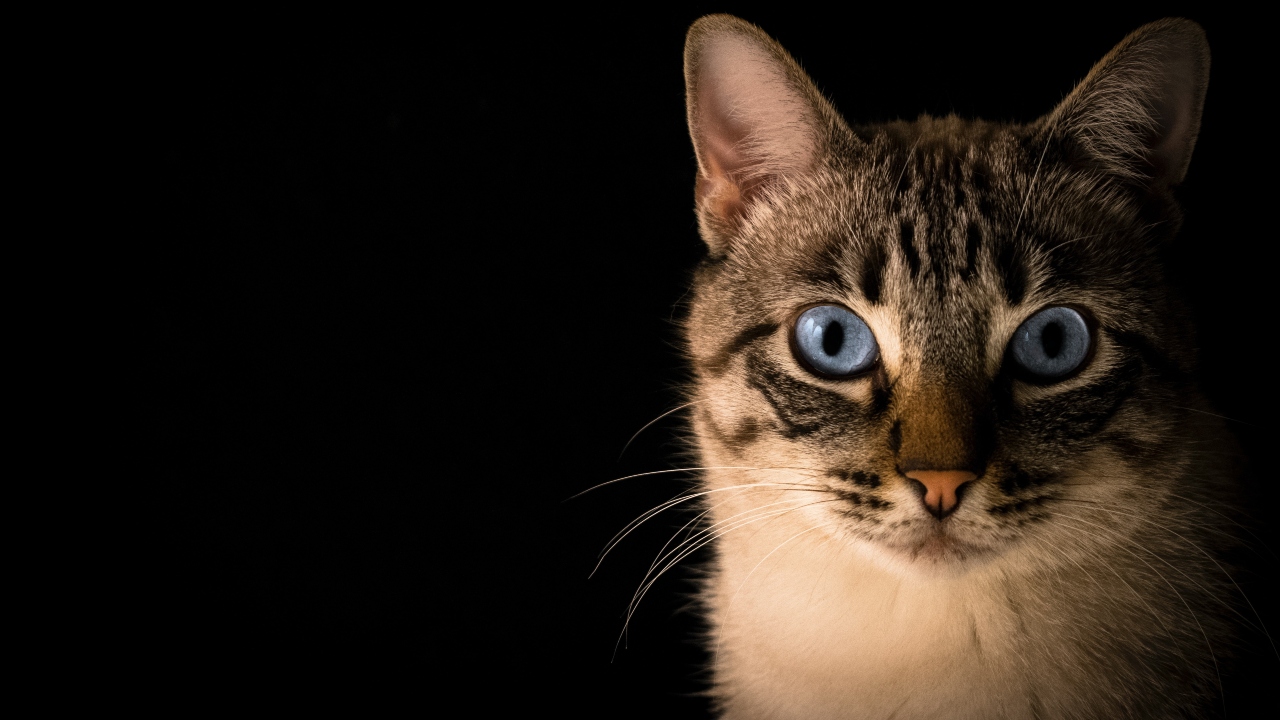
Despite their independent nature, cats can be very high maintenance. Maybe it stems back to Ancient Egypt where cats were closely linked to Gods, but they expect a lot from their human servants. Any failure to adhere to their expectations will be met with frustration, so if you want to keep kitty happy, you better be prepared to jump through some hoops.
They’re bored
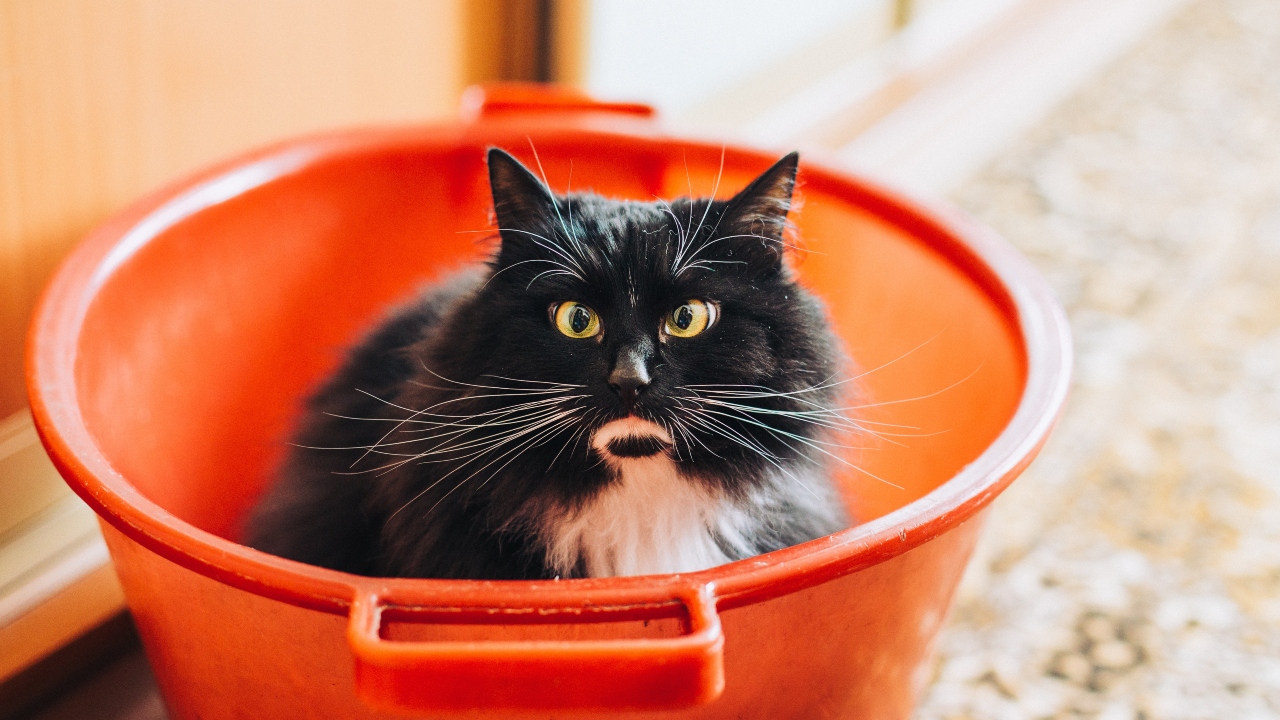
Despite their lazy reputation for being champion sleepers, cats love to play when they are awake. This is especially true of house cats, as they don’t get to run off excess energy outdoors. It is very important to ensure that you dedicate time each day to play with your cat, if you don’t, they will eventually become unhappy.
They’re eating things they shouldn’t
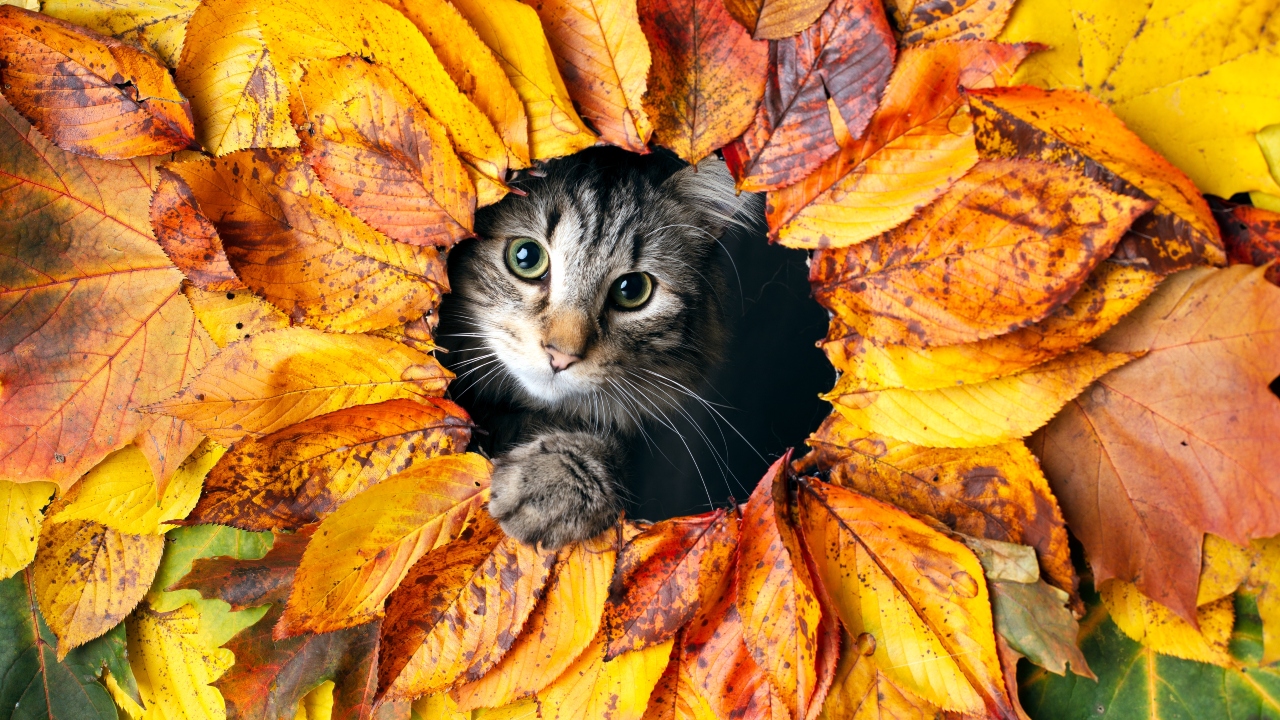
There is a condition known as Pica which sees people driven by the compulsion to eat things that they shouldn’t, such as sofa stuffing, dirt, and sand. The condition can also affect sad kitties, and can lead them to start trying to consume non-food items, including plastic and fabrics.
They’ve become more demanding
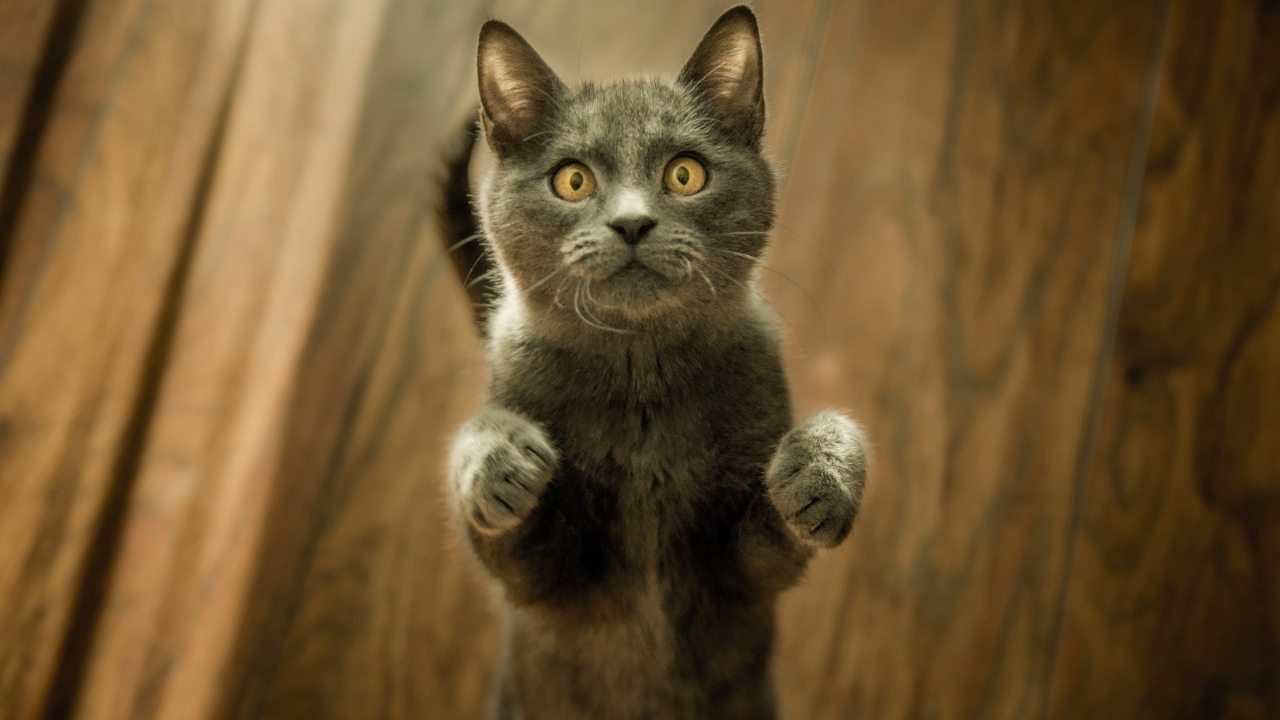
An average cat is high maintenance. The felines will let you know exactly what their owners are doing right or wrong. Sometimes though, nothing that the owners do can change their cat’s mood. If your feline becomes even more demanding than usual, then it might mean they are in a grump about something.
They’re grooming obsessively
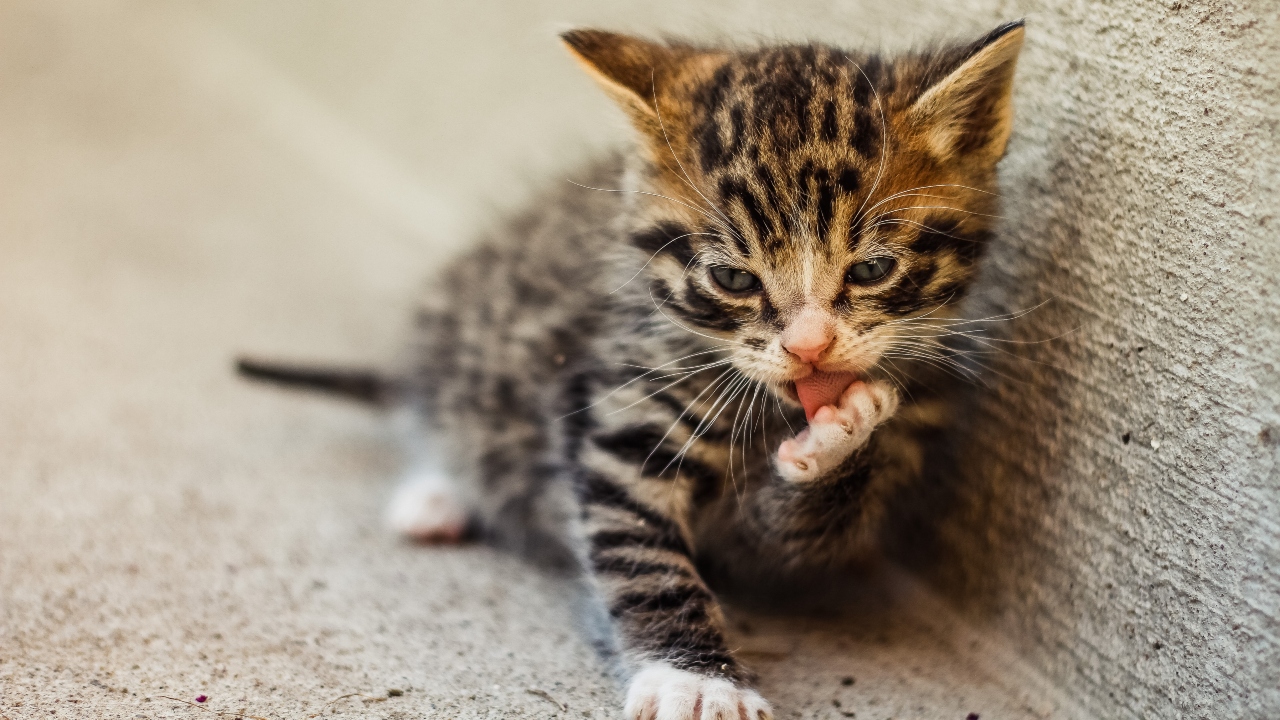
Cats are proud of their appearance and will spend a lot of their waking hours preening themselves. Sometimes though they can become fixated on their grooming regime and it tips over into obsessive behaviour. Their over-grooming can lead to bald patches developing, and is a sure sign that the cat is stressed or anxious about something.
They’re anxious around other cats
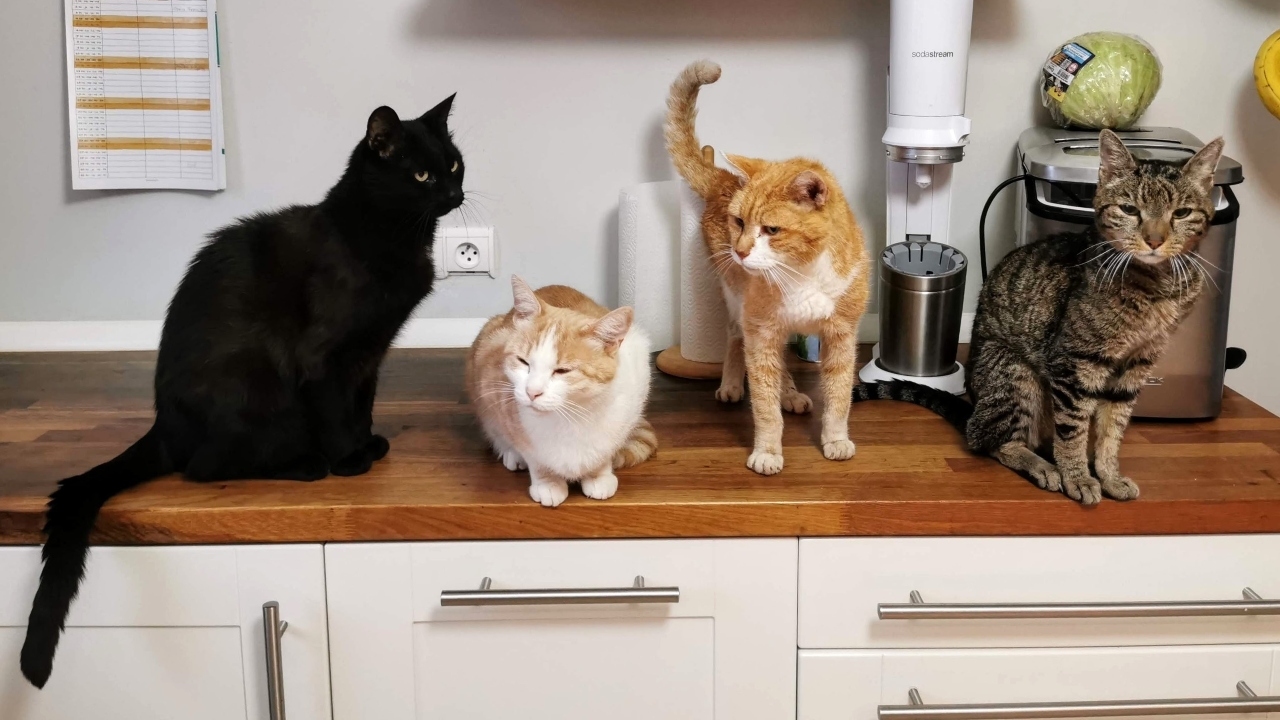
Whereas dogs are very much pack animals, cats are more solitary creatures. That is not to say that multi-cat households can never work, just that some cats prefer to be the center of your universe. There are steps you can take to help your cat adjust to others, such as ensuring each cat has their own litter tray and food bowl.
They’ve been denied something they want
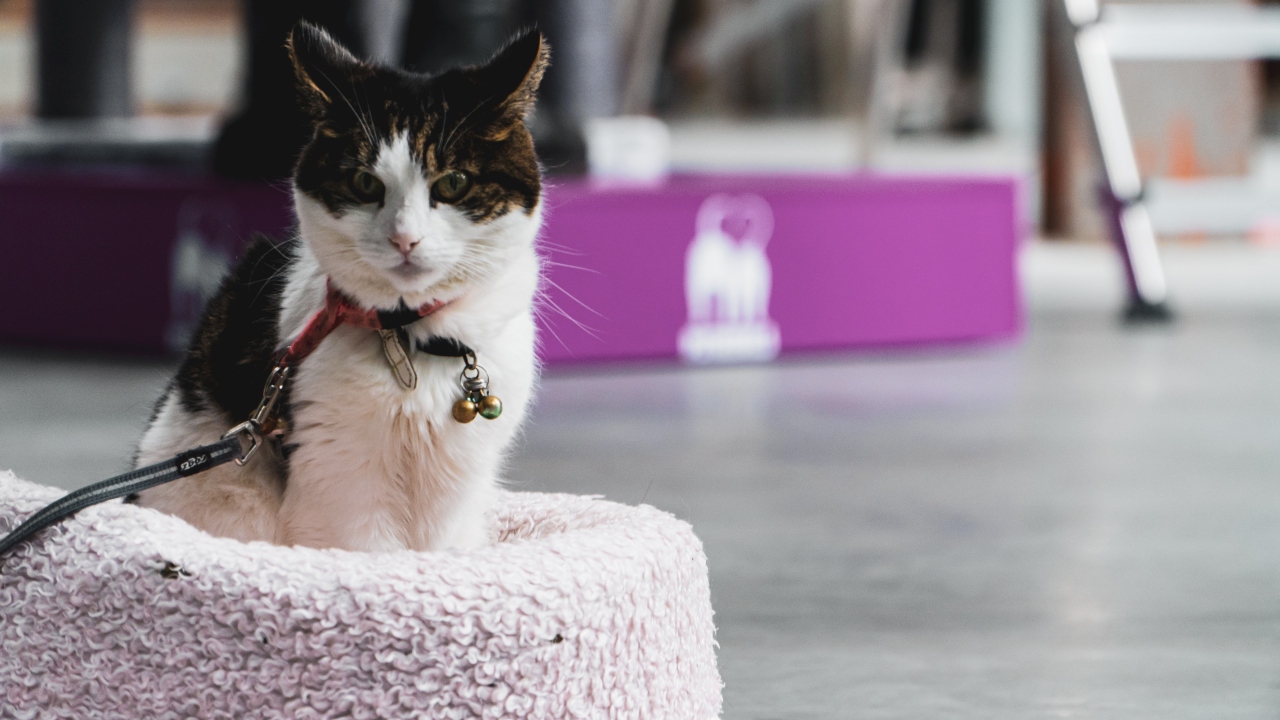
Just like toddlers and children, cats can sulk if they don’t get their own way. They are very independent creatures who know what they want and when they want it. Deny them that treat they want to eat, or remove a toy from them, and be prepared to feel the full wrath of a moody kitty.
They’re suffered an injury
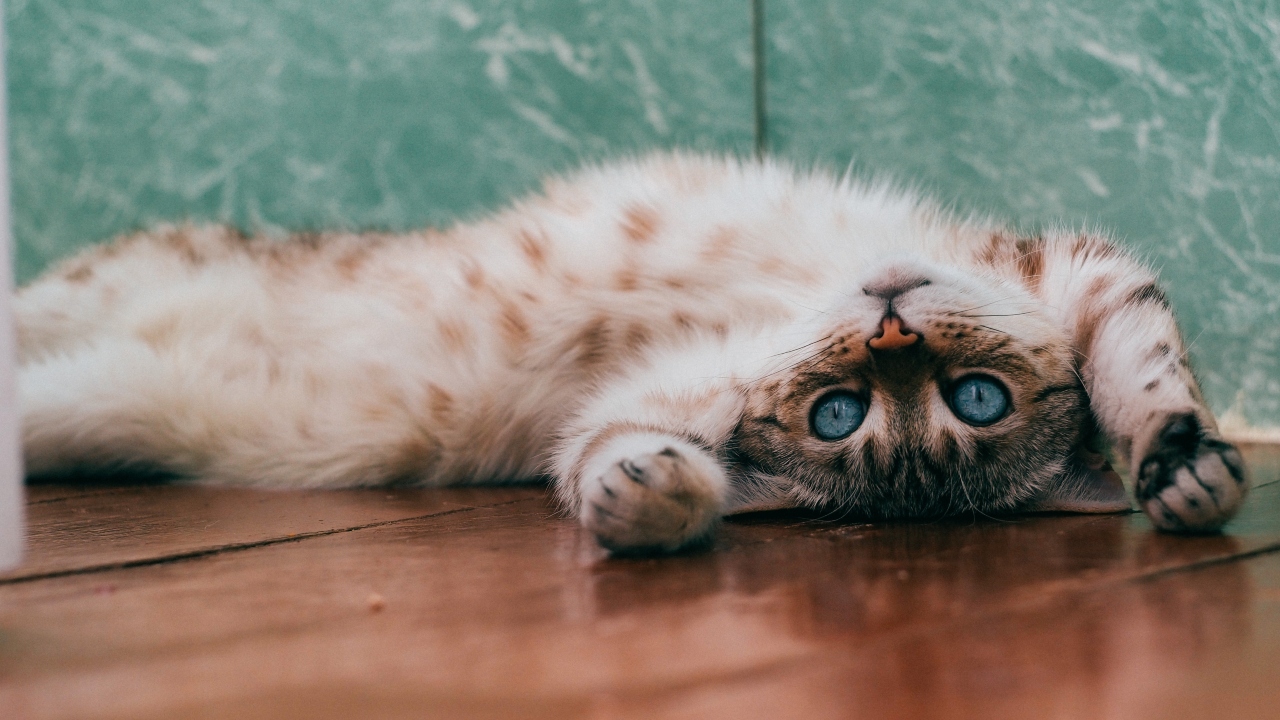
A more recognisable sign that your cat is upset is if they are carrying an injury. No one feels great when they are hurt, so if you notice your cat limping, or otherwise injured, it’s time to give them some extra TLC.
They’re staying away from you
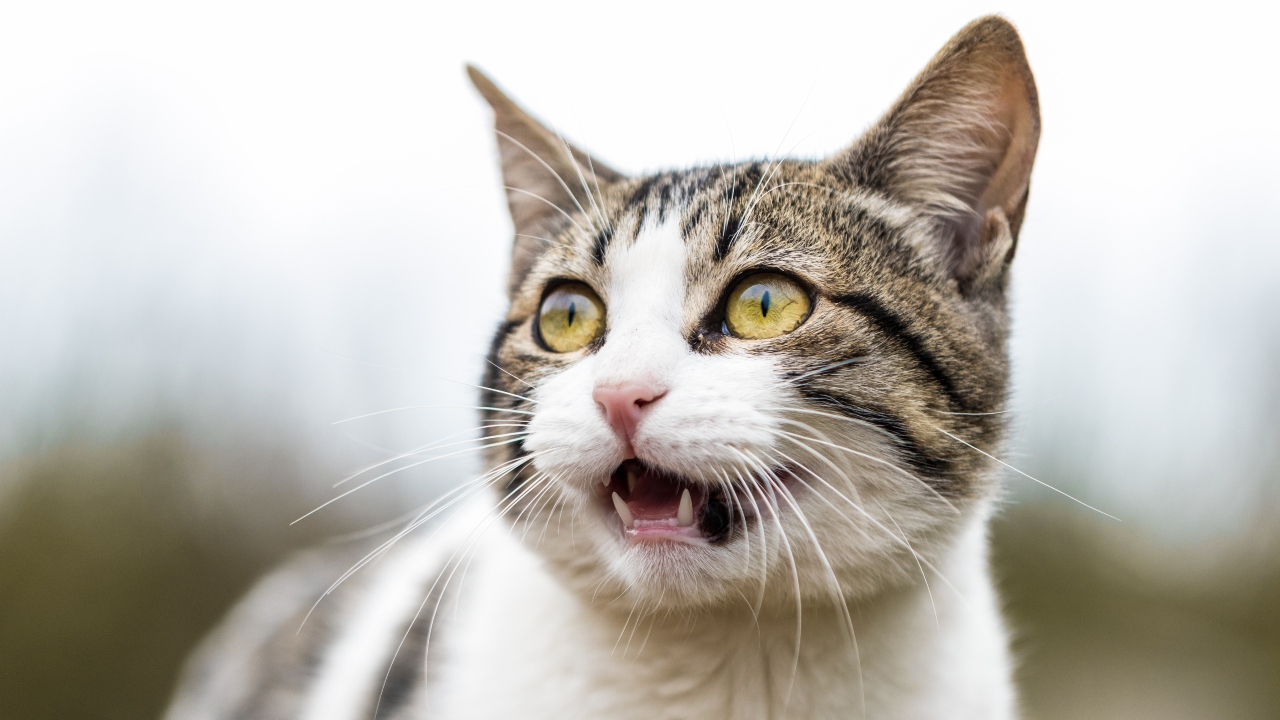
If your cat is unhappy with you specifically they will most certainly let you know it. The simplest way to tell if they are mad with you is that they will purposely move away from you. This may also manifest as a micro-aggression of pointedly turning their head away whilst still remaining sat on your lap.
They’re sleeping more than usual
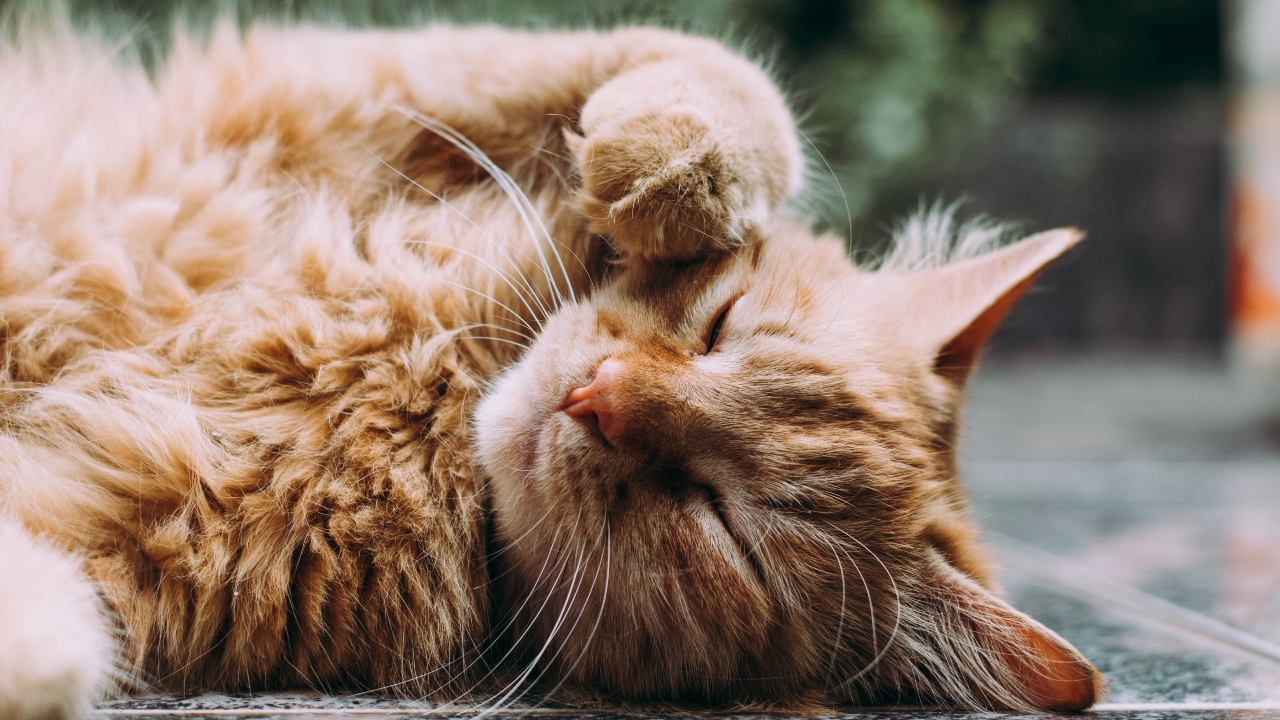
A study found that more than fifty percent of cats sleep between twelve and eighteen hours a day, with some sleeping more than eighteen hours a day. As cats grow older, they sleep longer, but if you notice your cat is sleeping more than their usual amount, it is likely a sign of unhappiness.
They seem nervous
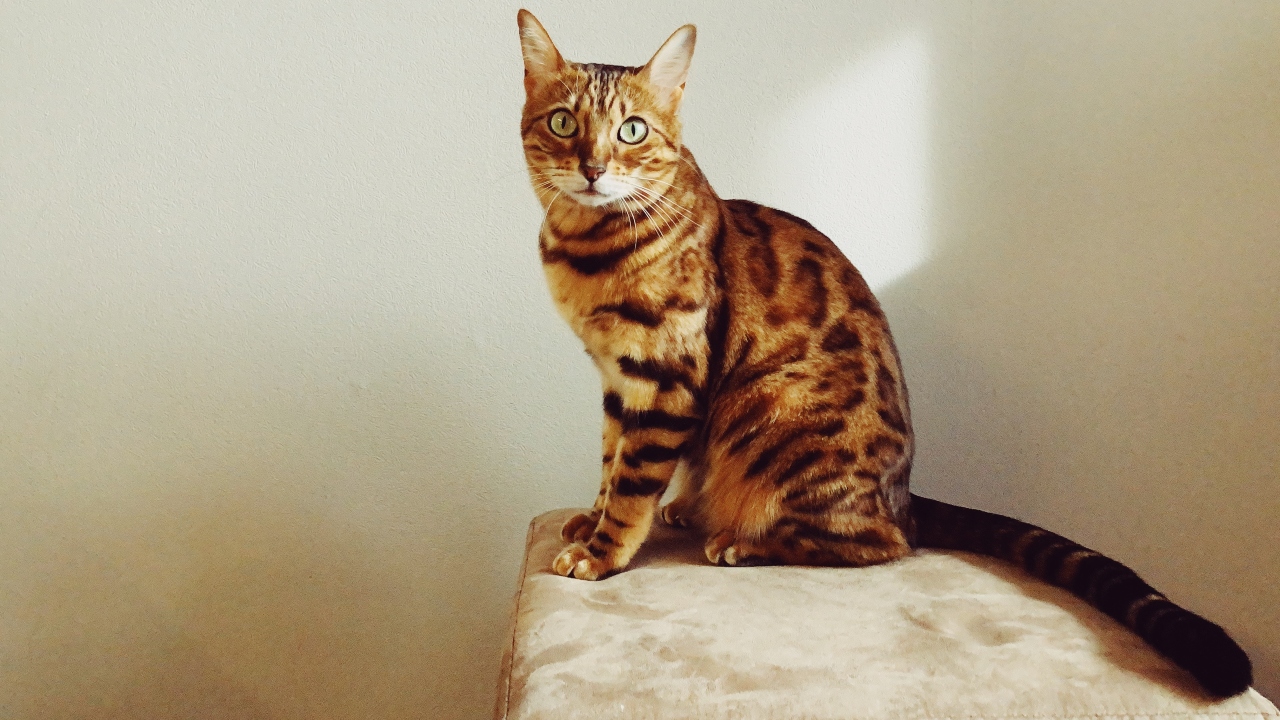
Whilst some feline companions are nervous from kittens, others are far more confident. Learning your pet’s base confidence is key to picking up on signs of a cat’s frame of mind. If your cat suddenly become more timid and nervy, it may be a sign that something is stressing them out
Their eyes look wide or panicked
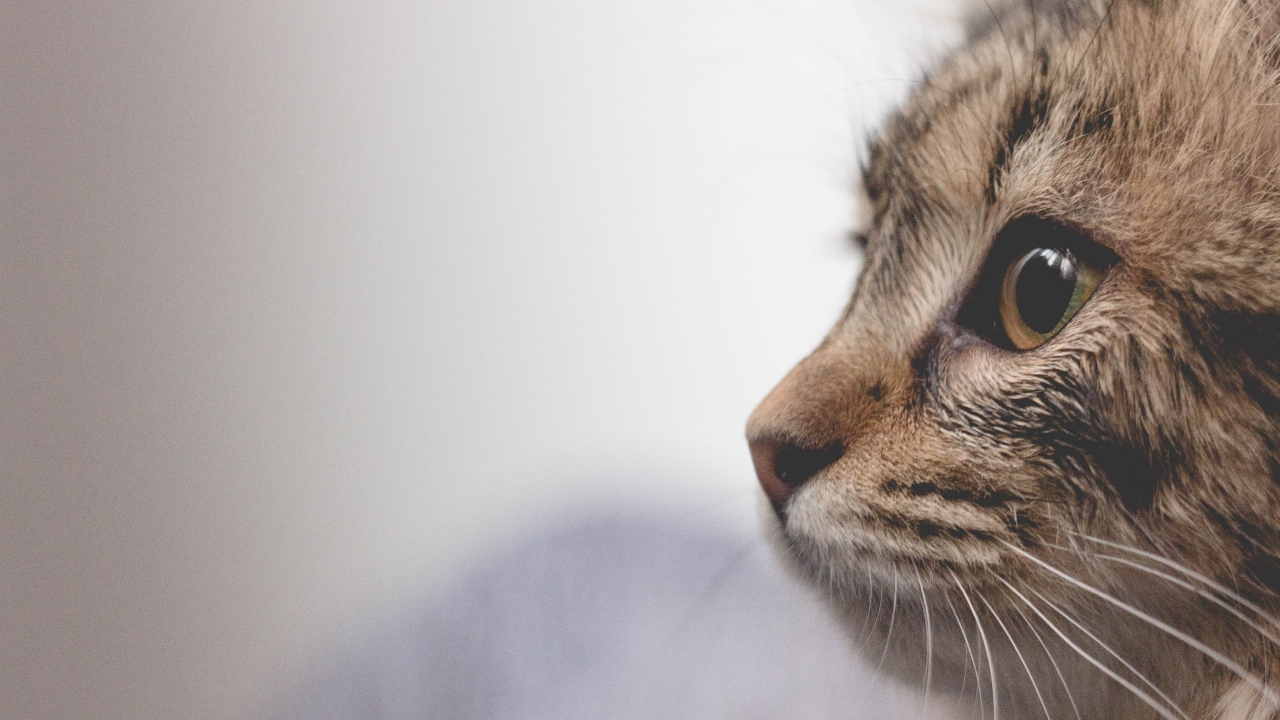
They say that the eyes are the window to the soul, and that is also true for cats. The animals have very expressive eyes and one look in them should enable you to read their mood. If their eyes are either very wide or super narrow, then your cat is likely afraid or angry.
They don’t like to be touched
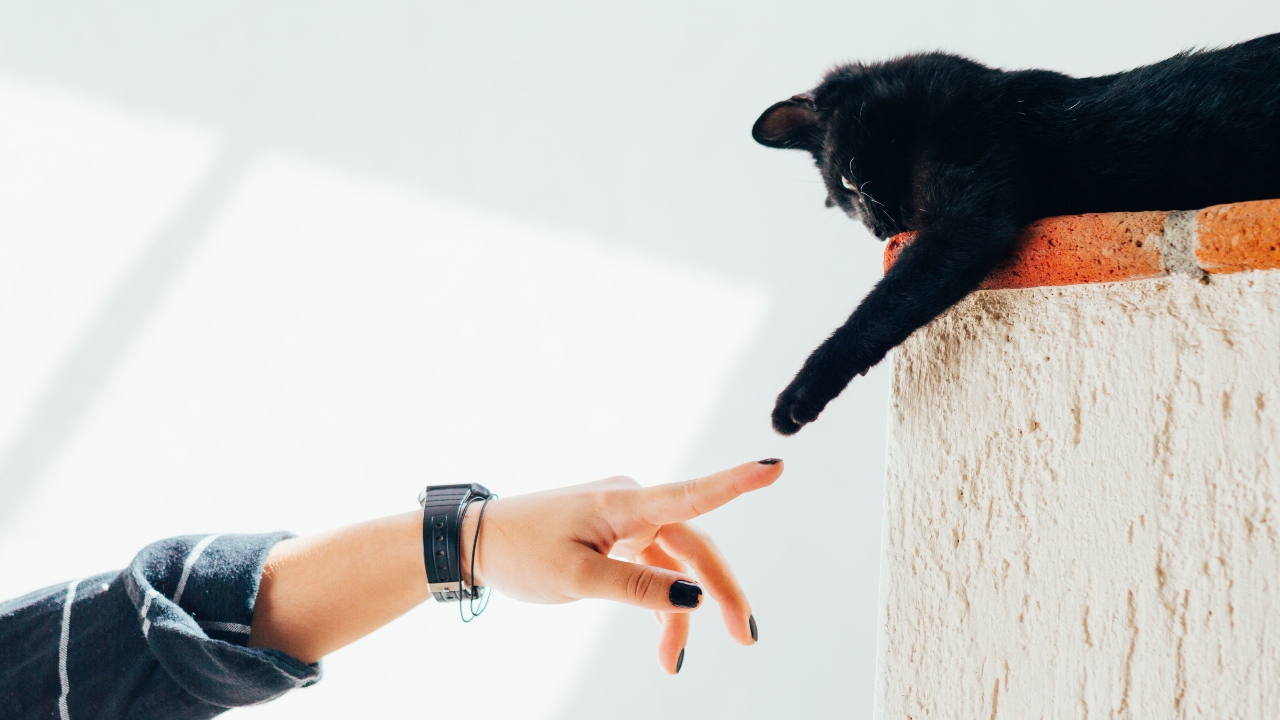
Some cats enjoy a fuss more than others, which is perfectly normal. However, if your kitty goes from being a soppy puddle that is always happy for attention, to a cat that has a limited amount of pets before they snap, something is making them sad.
Their purring patterns have changed
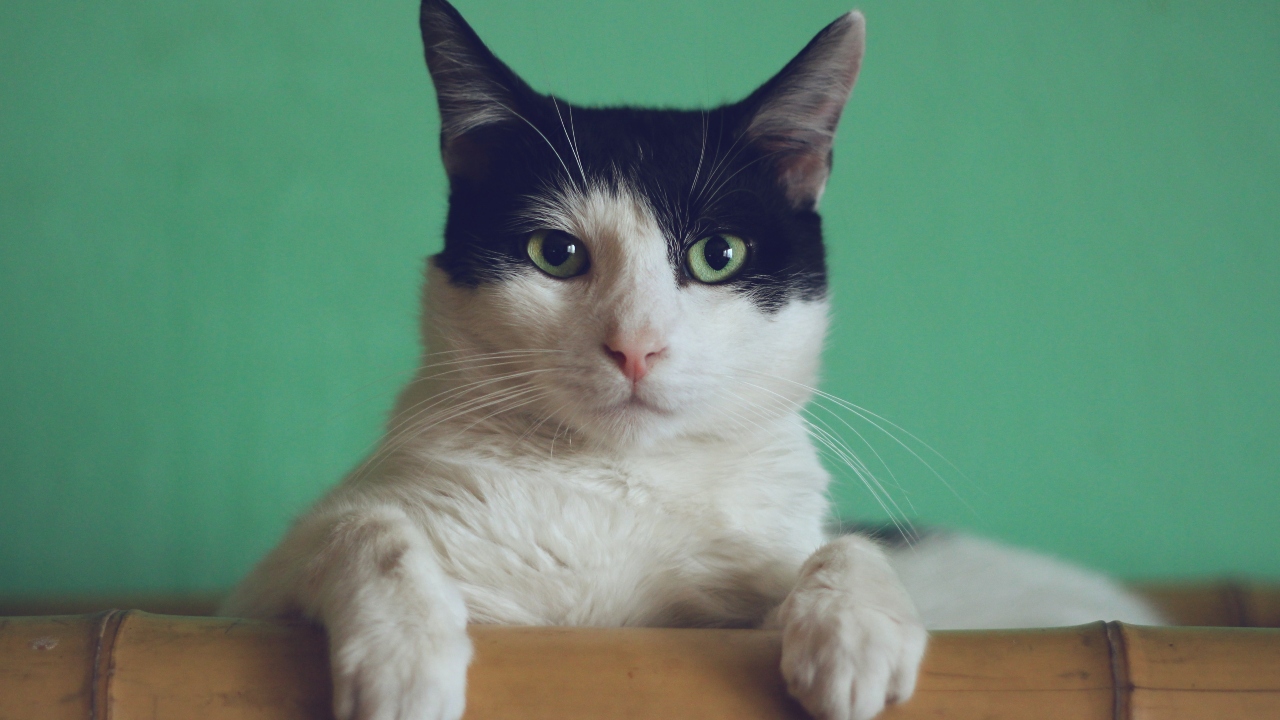
Purring is often believed to be a sign of a calm and content kitty, but in some instances it can mean the opposite. Purring can often be a reaction to stress or anxiety. The easiest way to tell if it is a happy purr or not, is whether it coincides with any other sad signs.
They’ve become clingy
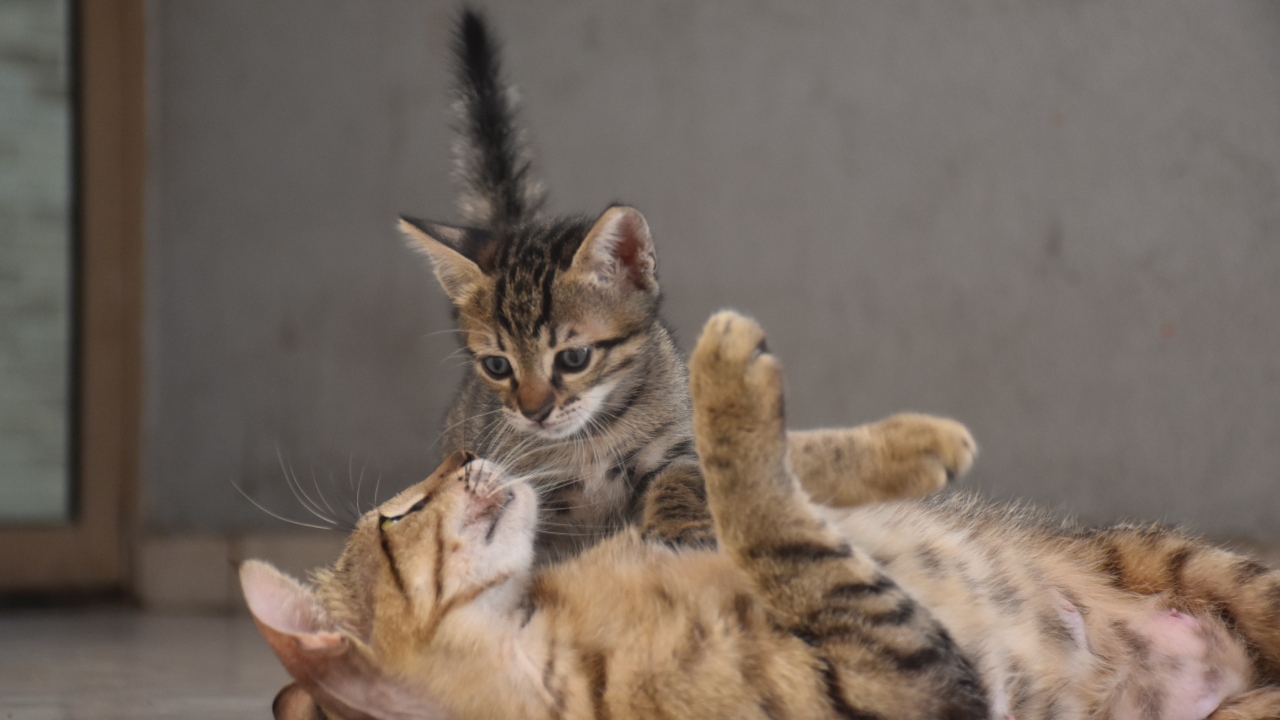
By reputation, cats are quite aloof creatures, although some shirk this rule. If however, your usually distant kitty suddenly will not leave you alone for a second, then it could be a sign that they are feeling down. Enjoy the affection while it lasts because as soon as they are feeling happy again, they’ll be back to their old selves.
Illness
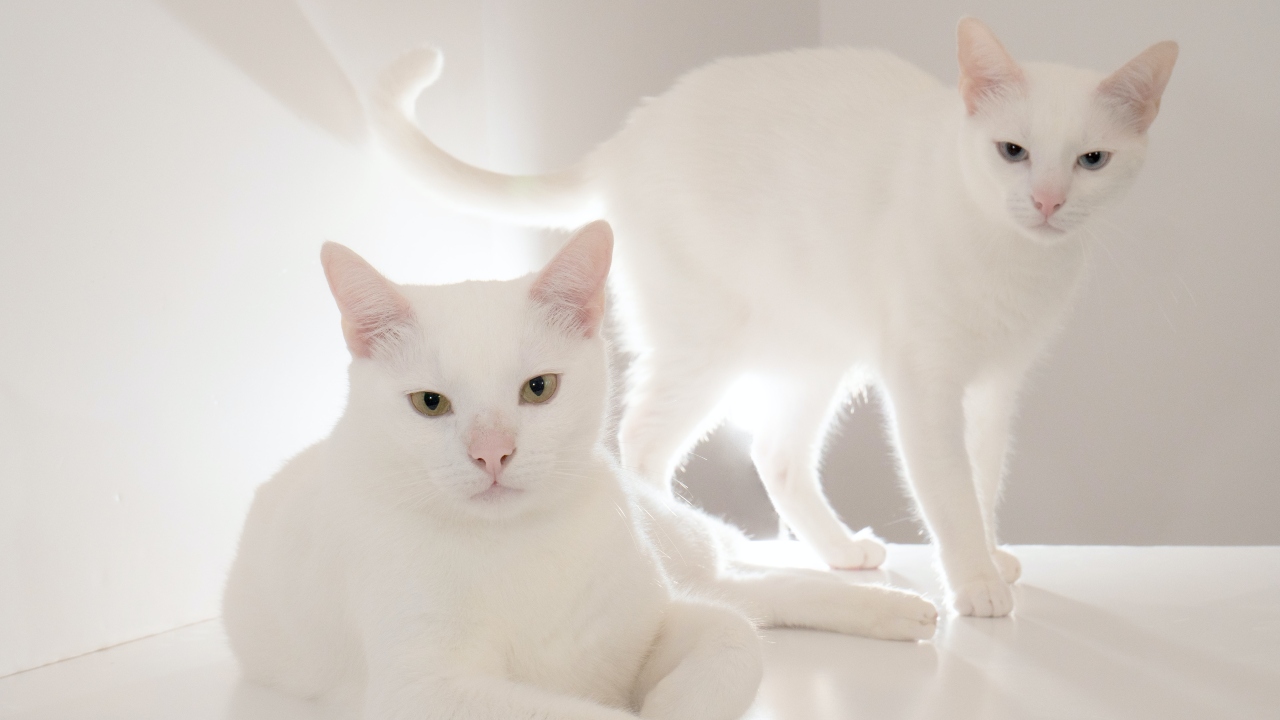
A key and worrying sign that your cat is unhappy is if they are ill. Cats are very good at hiding their feelings and often soldier on regardless. It’s important to keep a close eye on them, and should you notice any ill health, get them to the vet who can advise the best way to make them feel healthy and happy again.